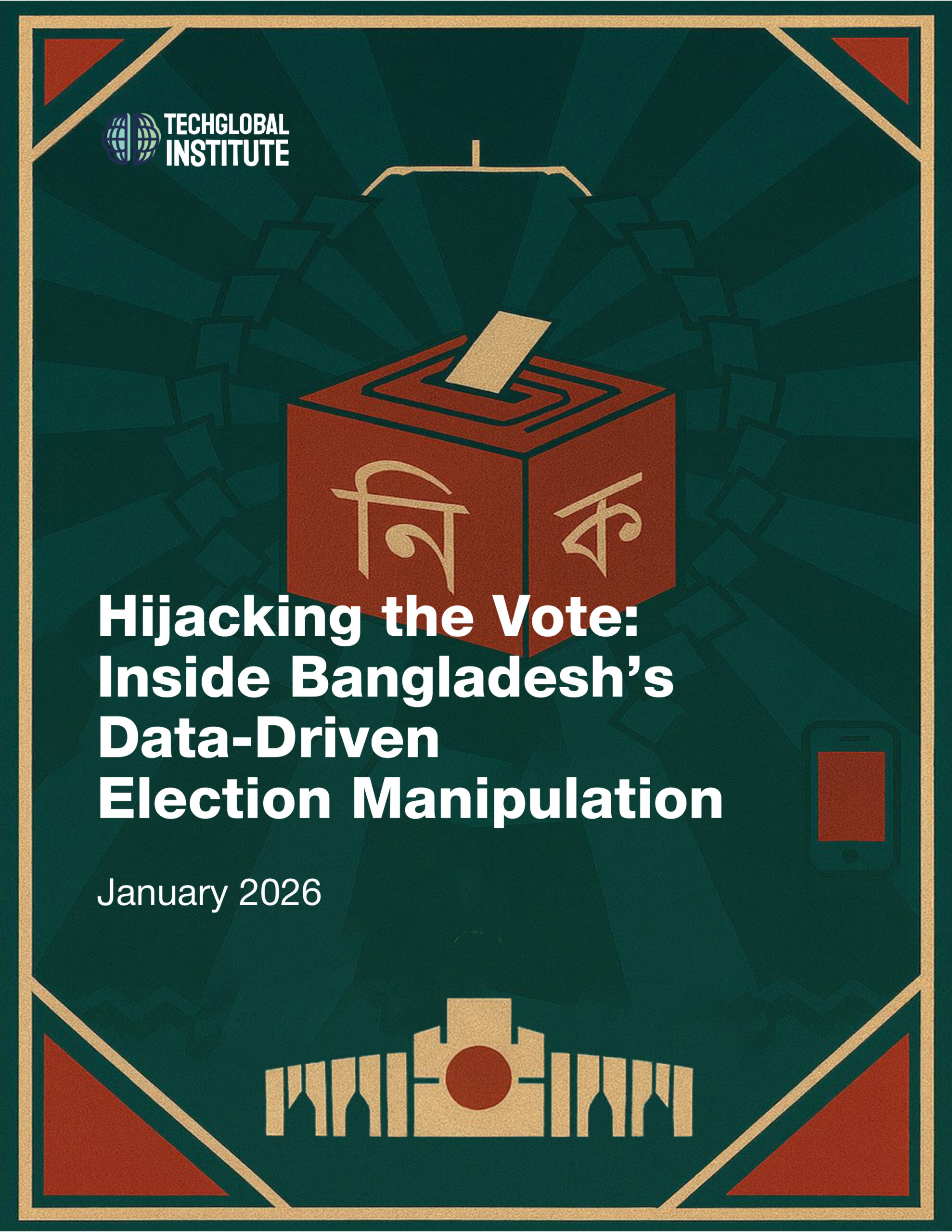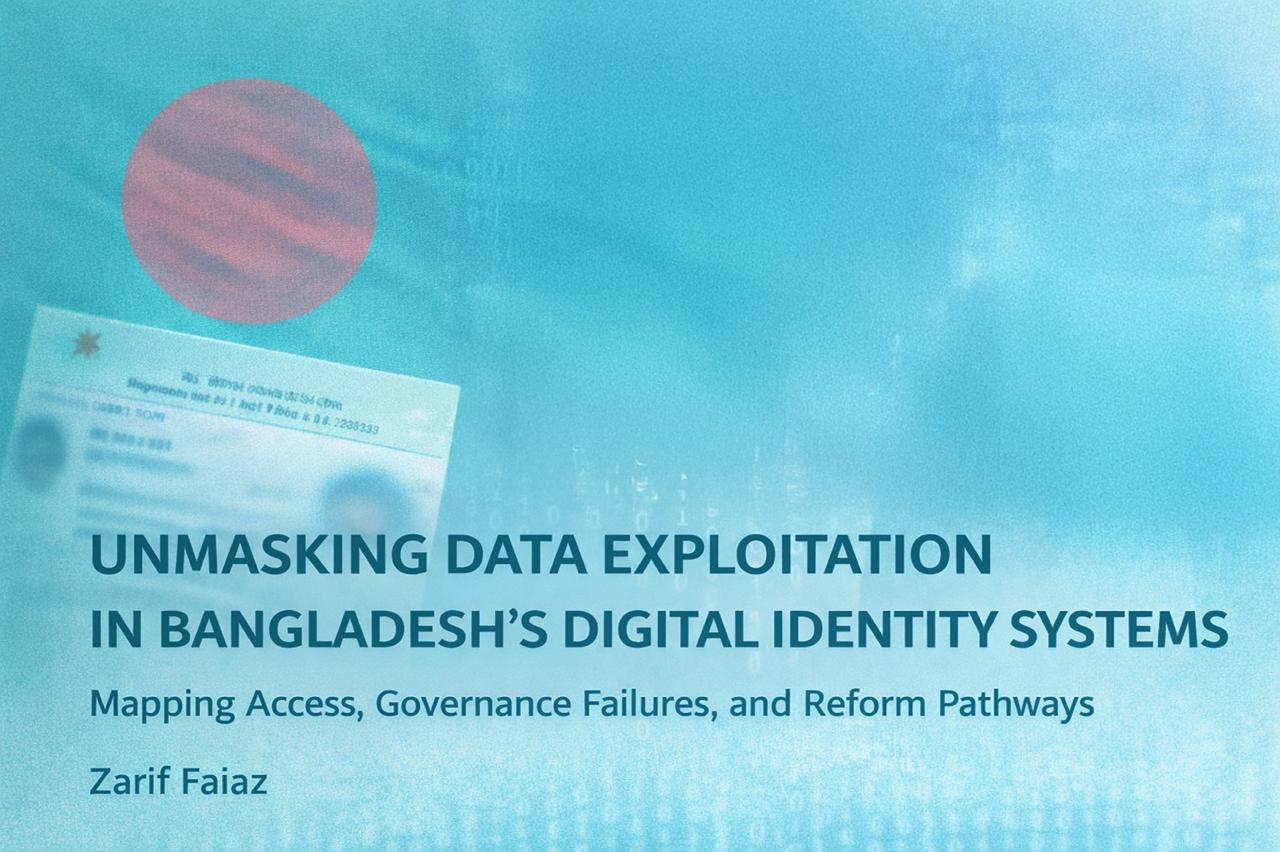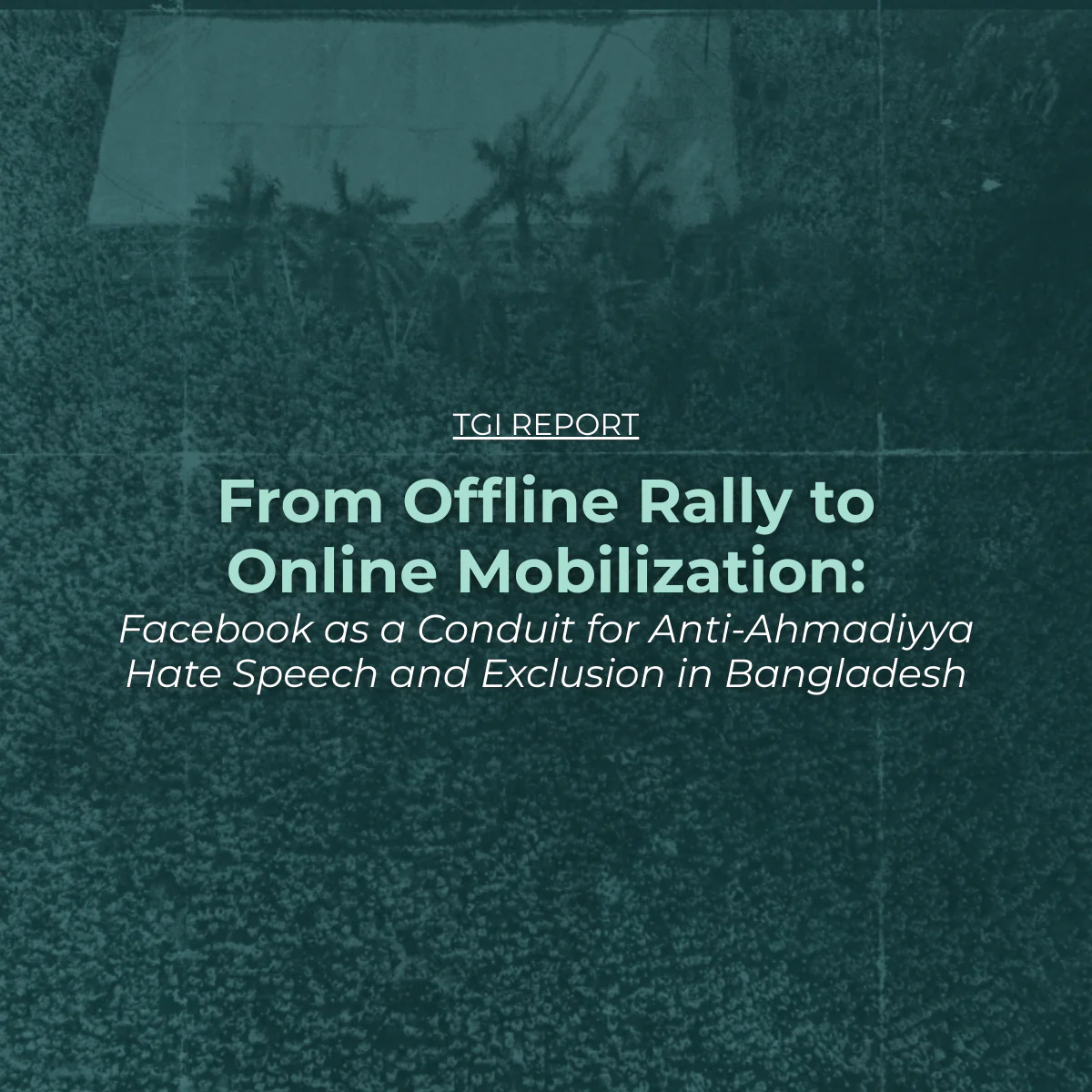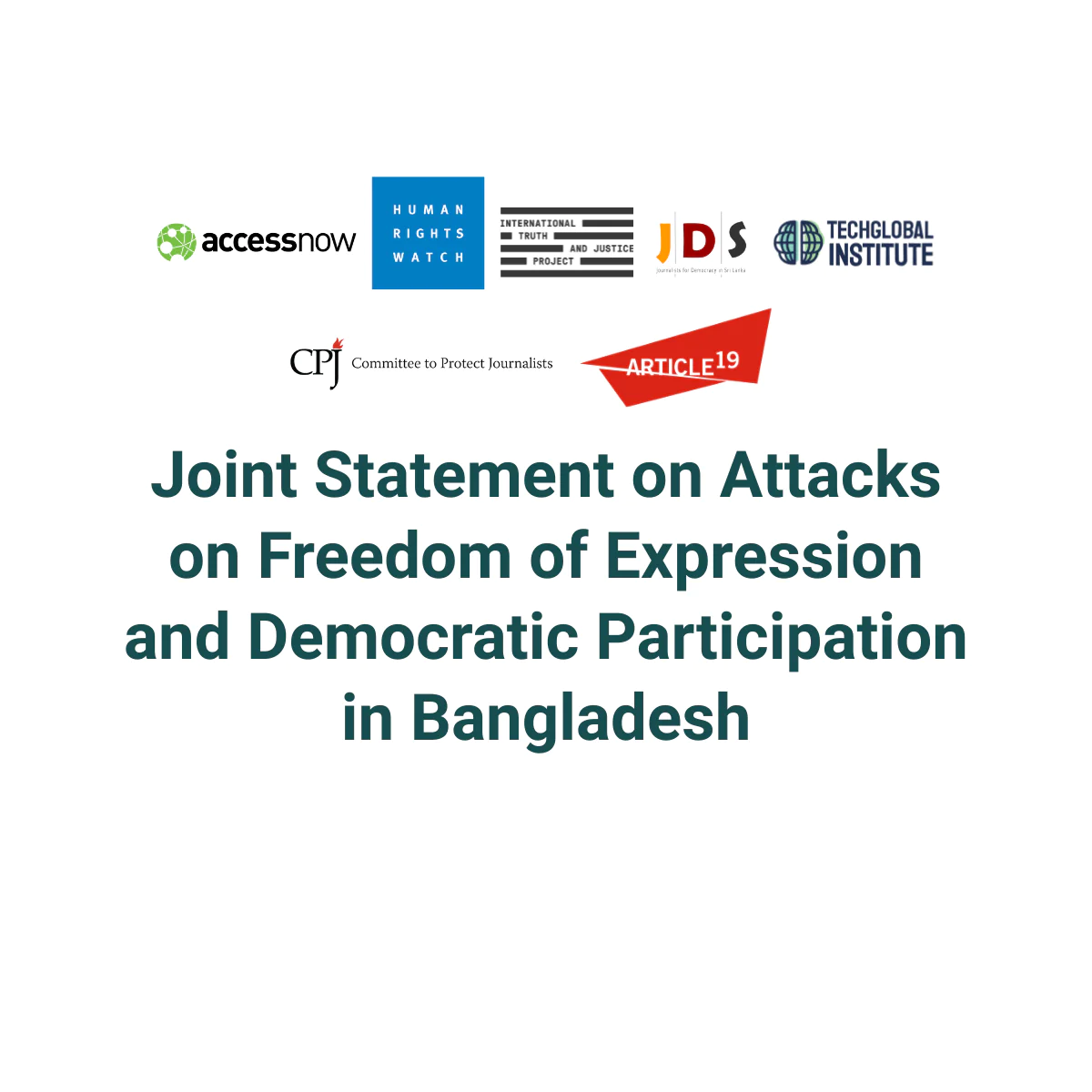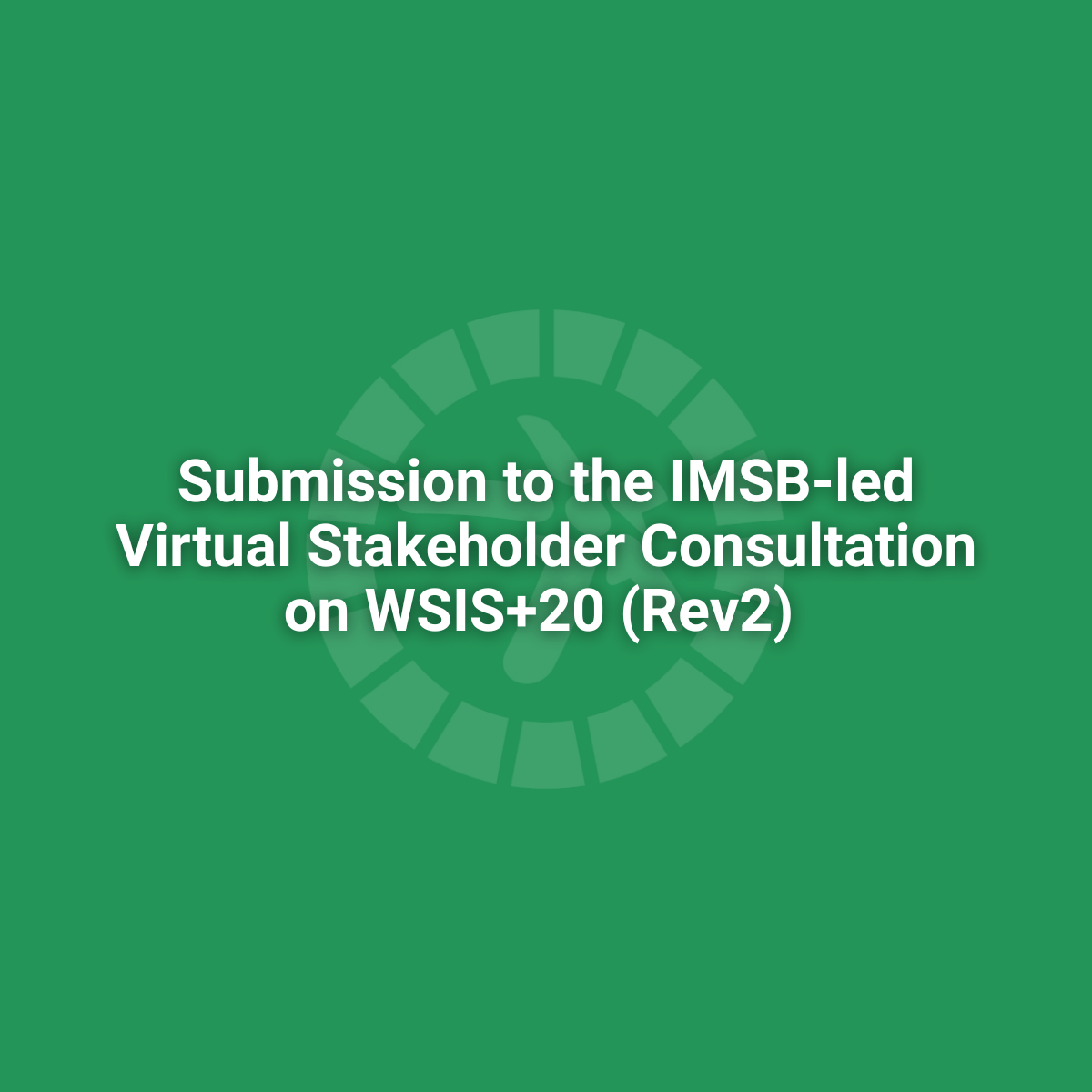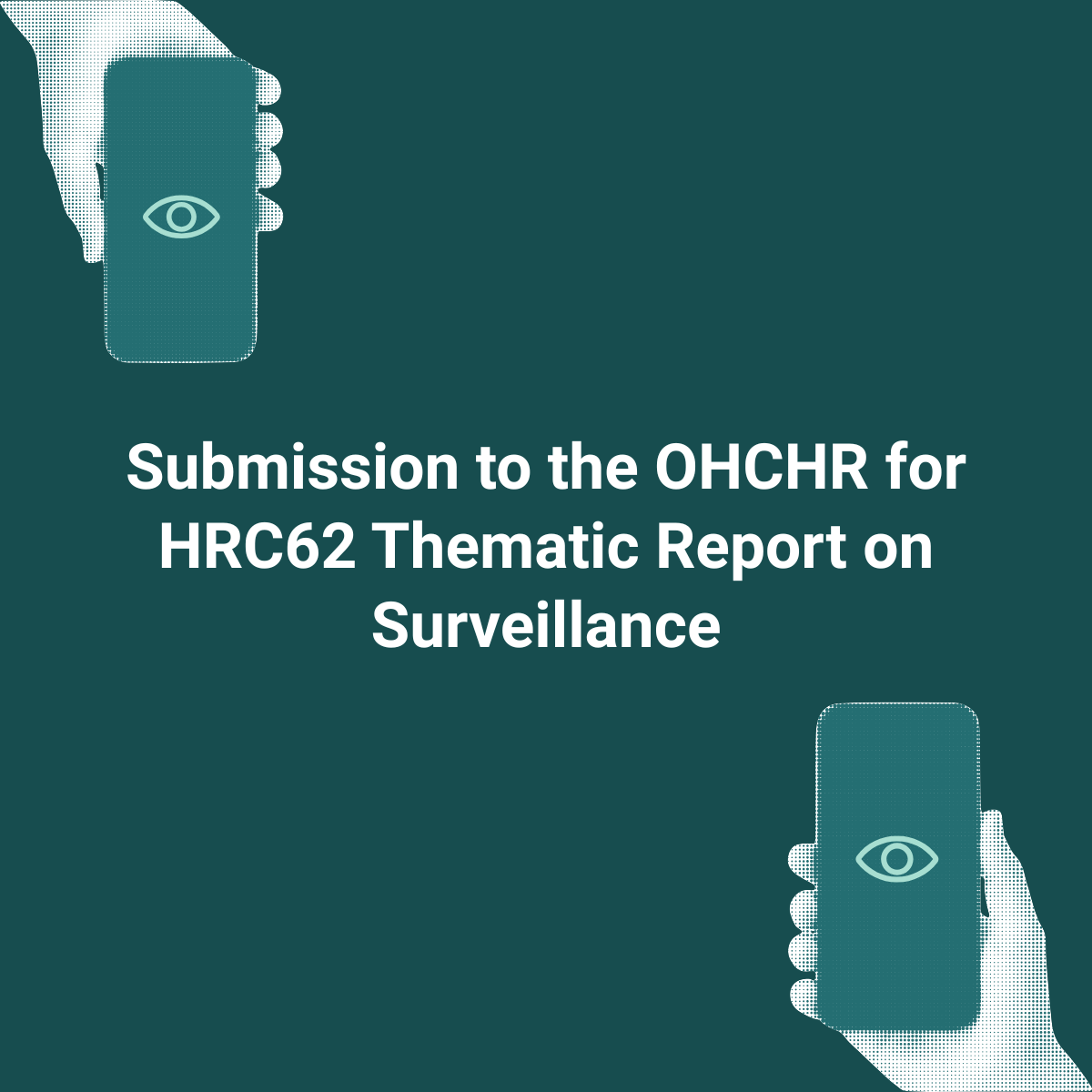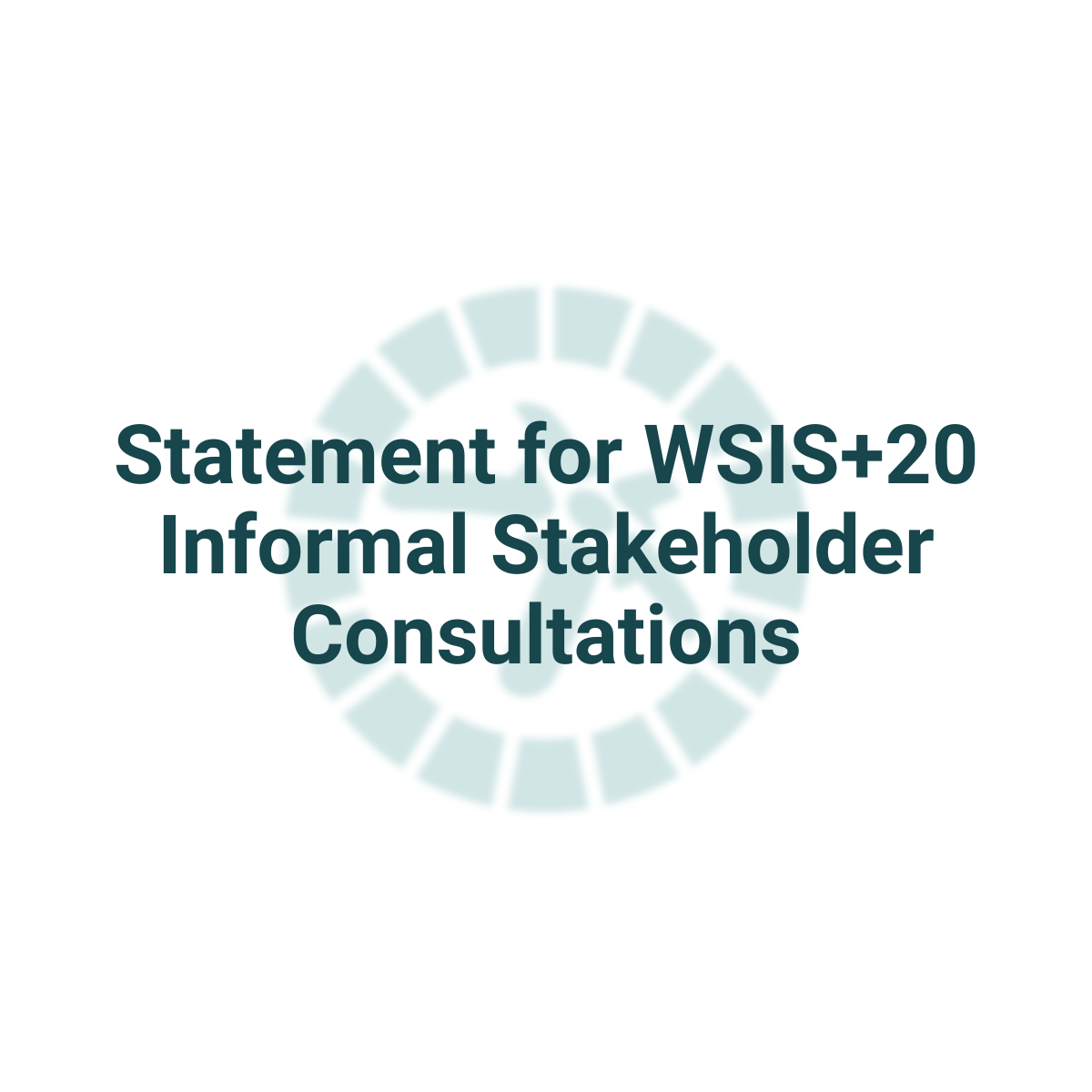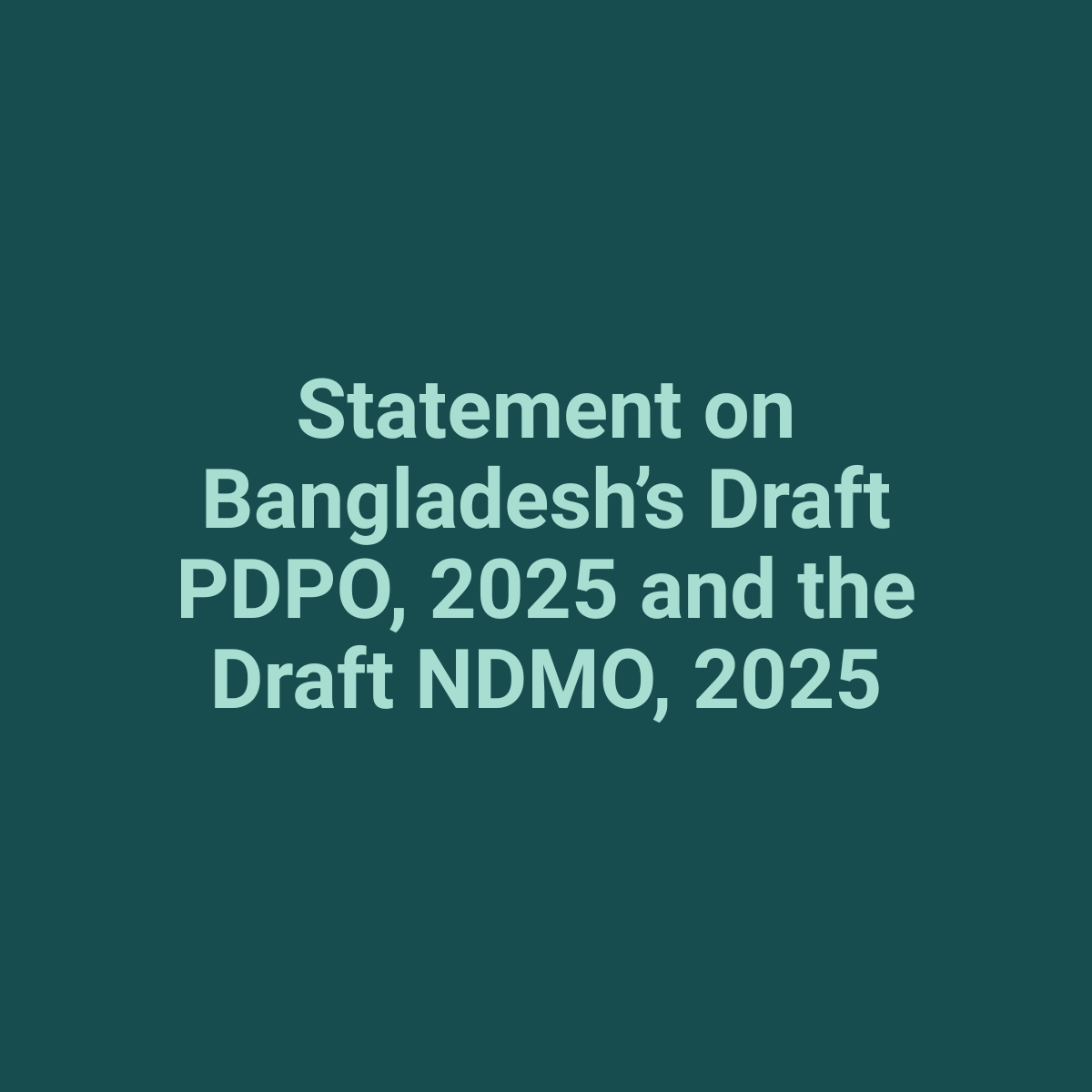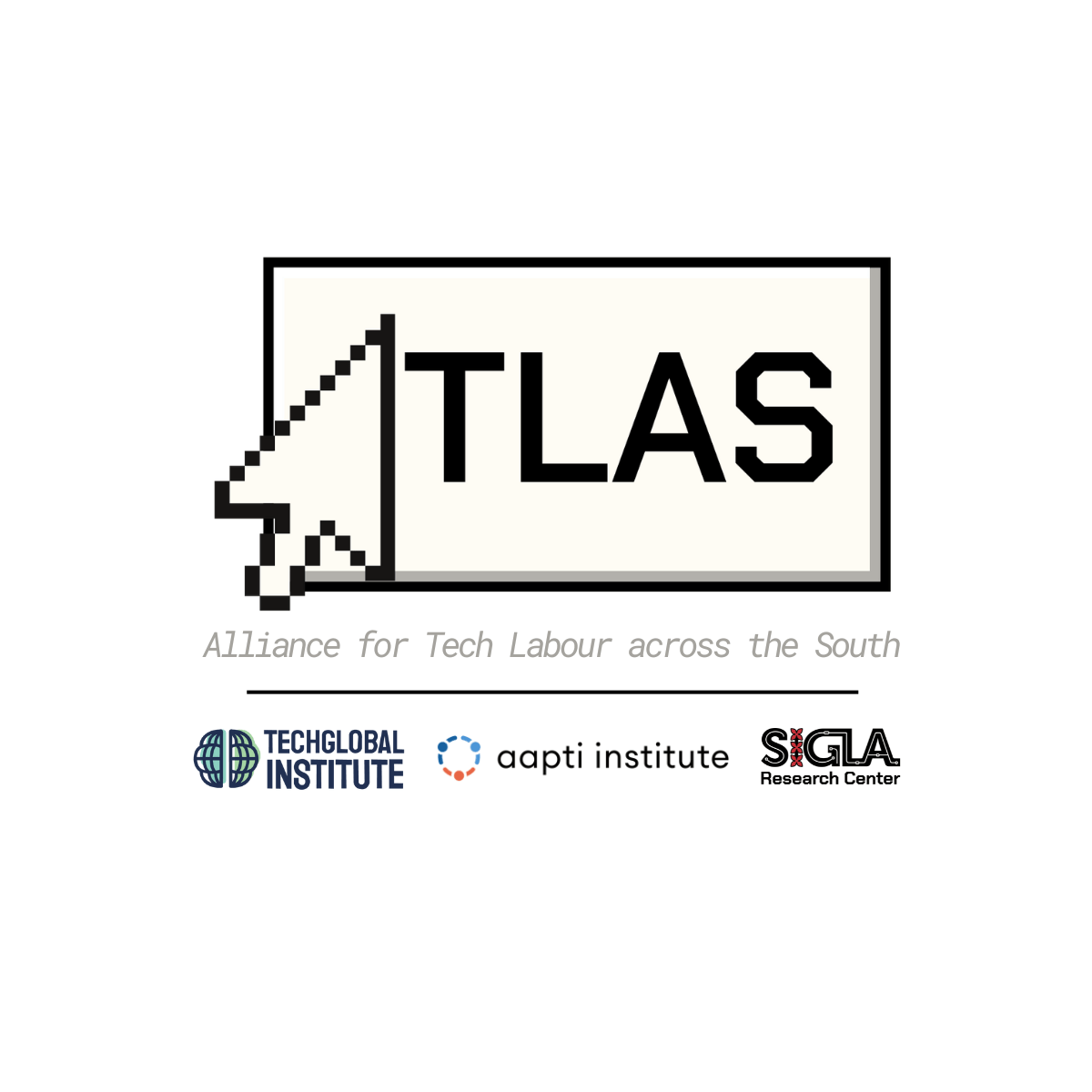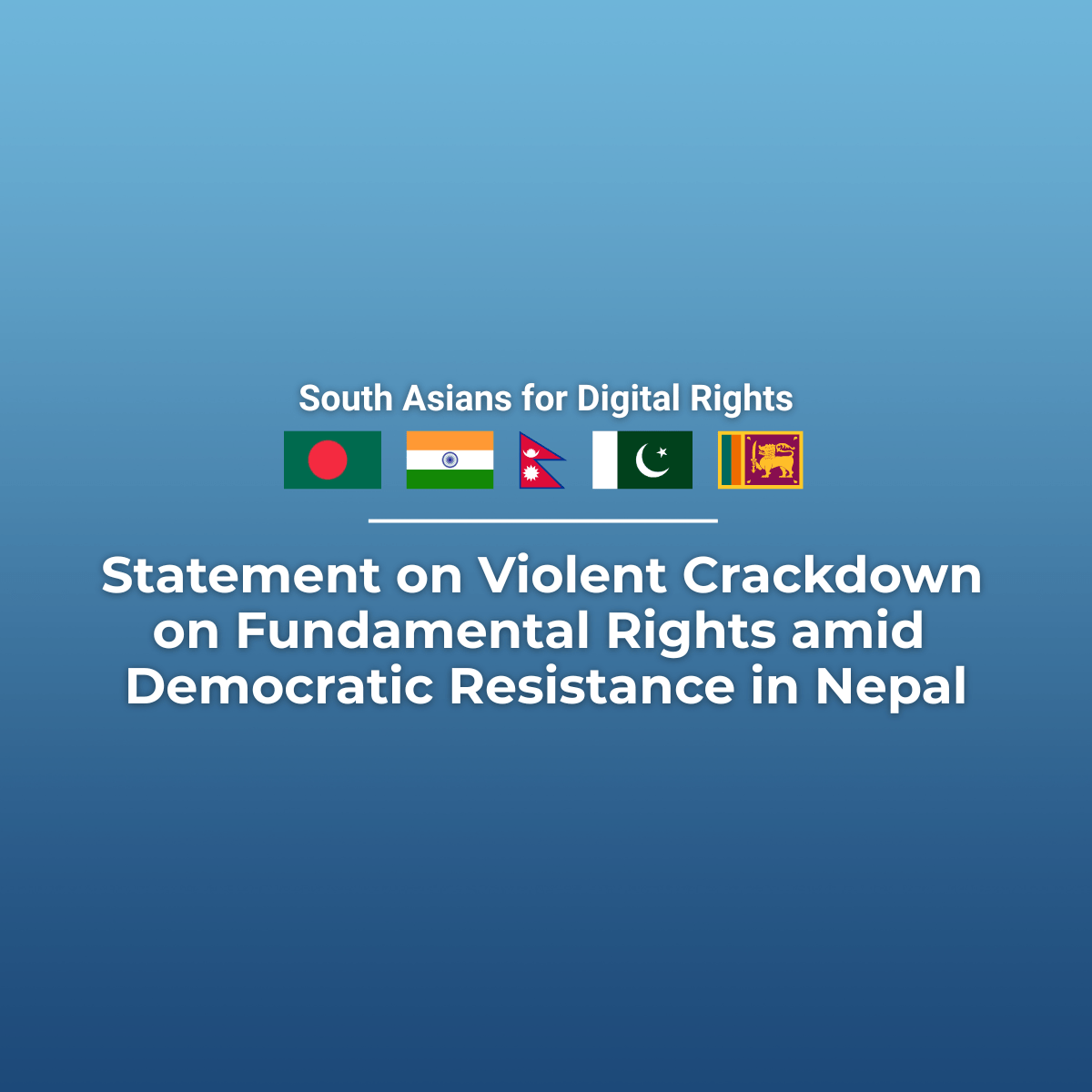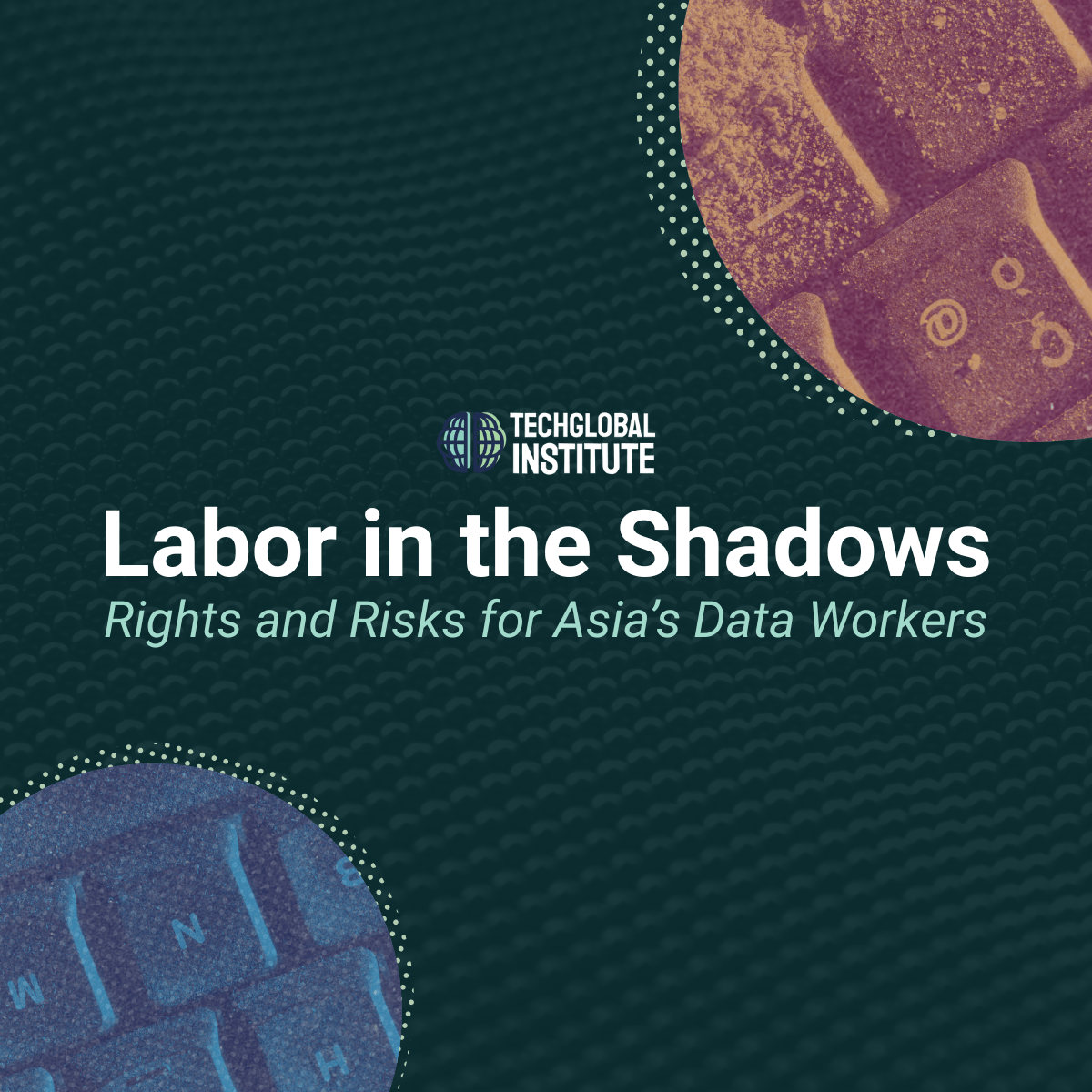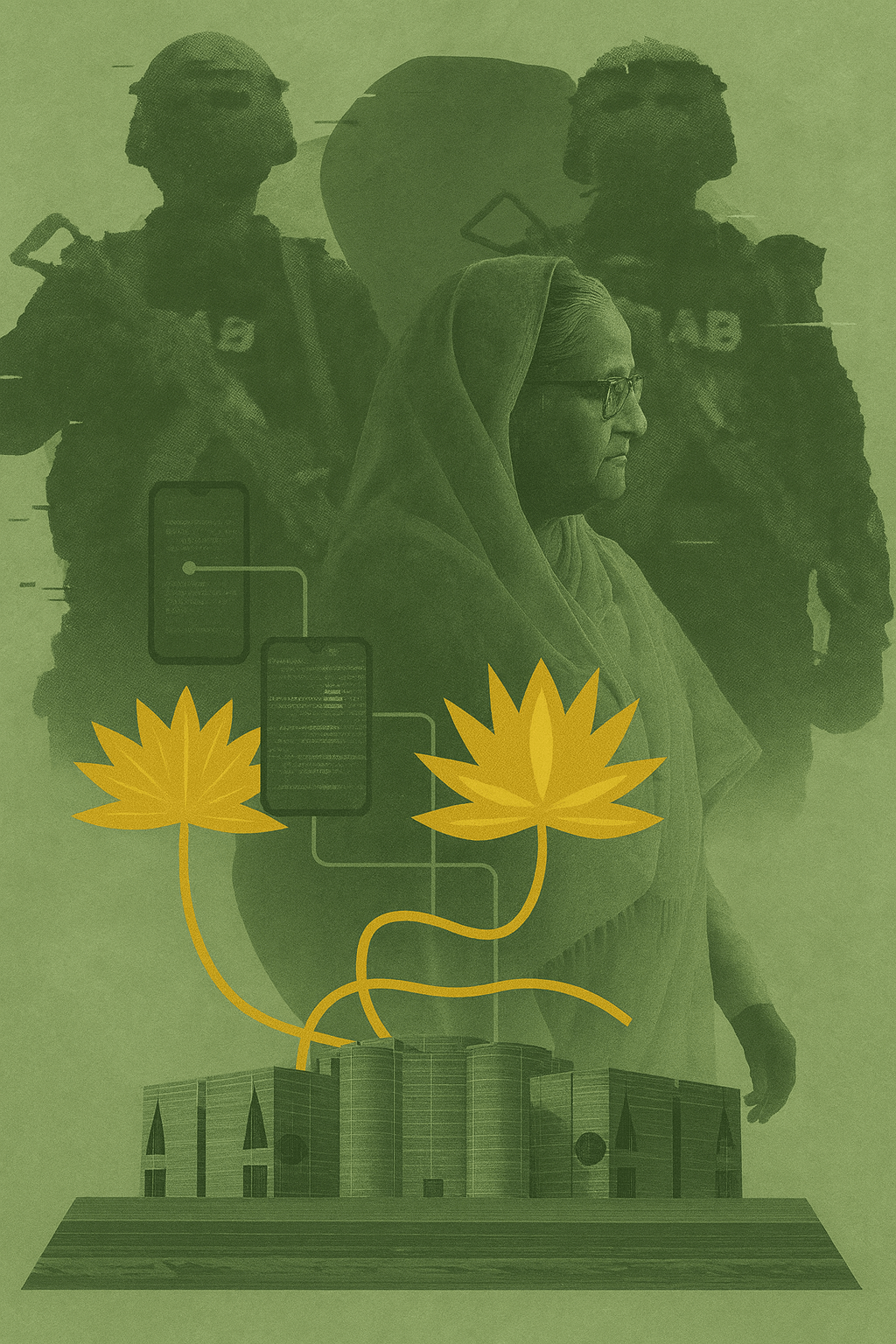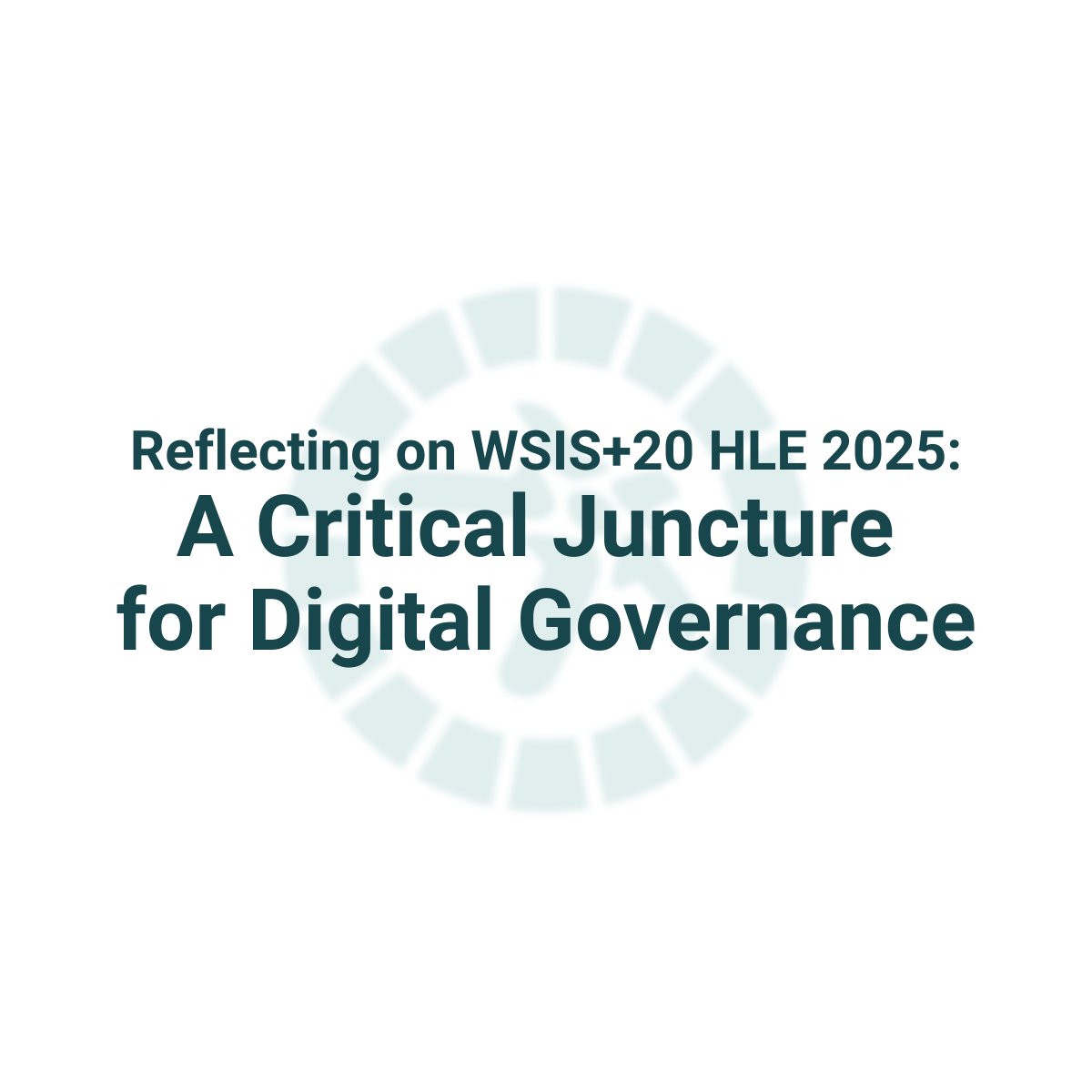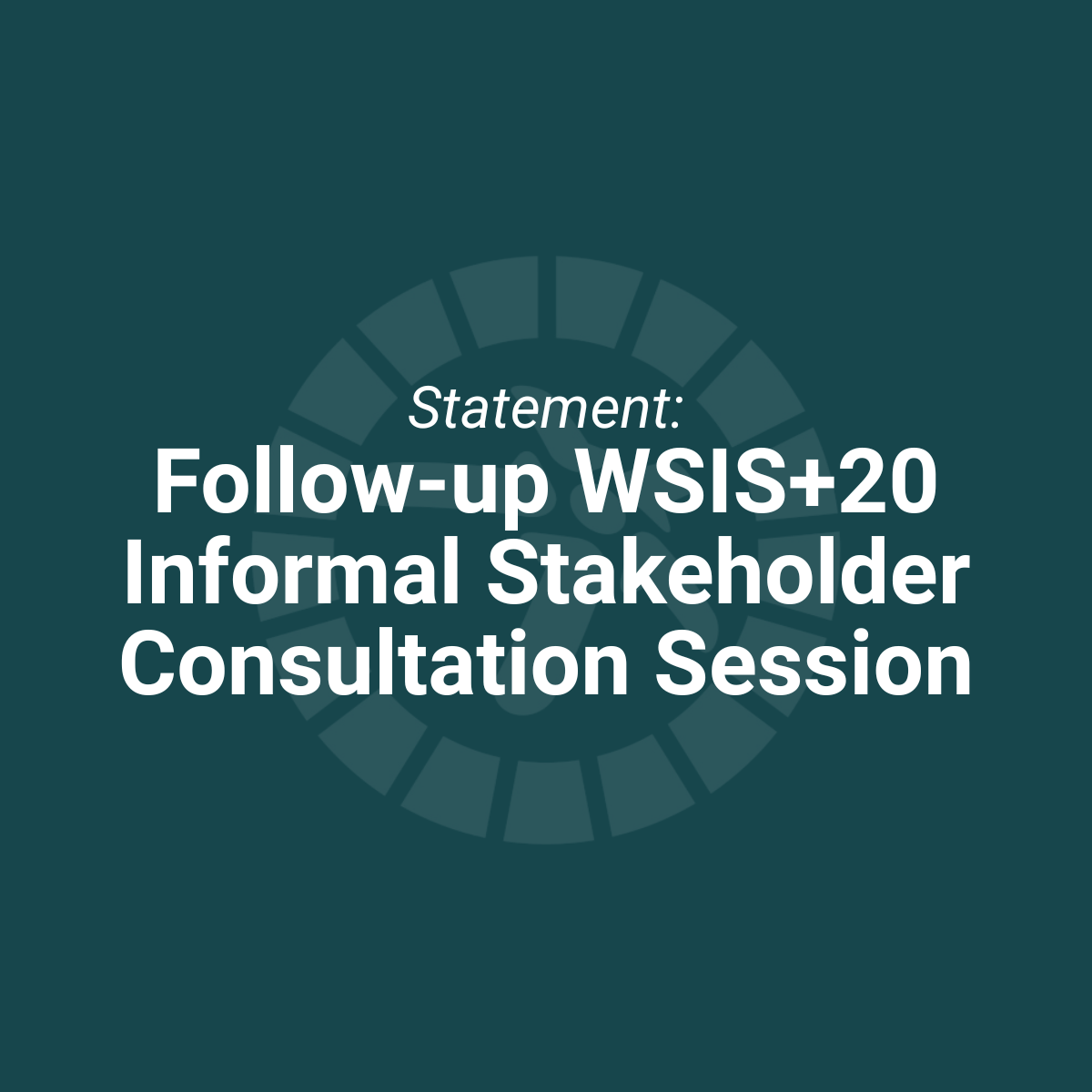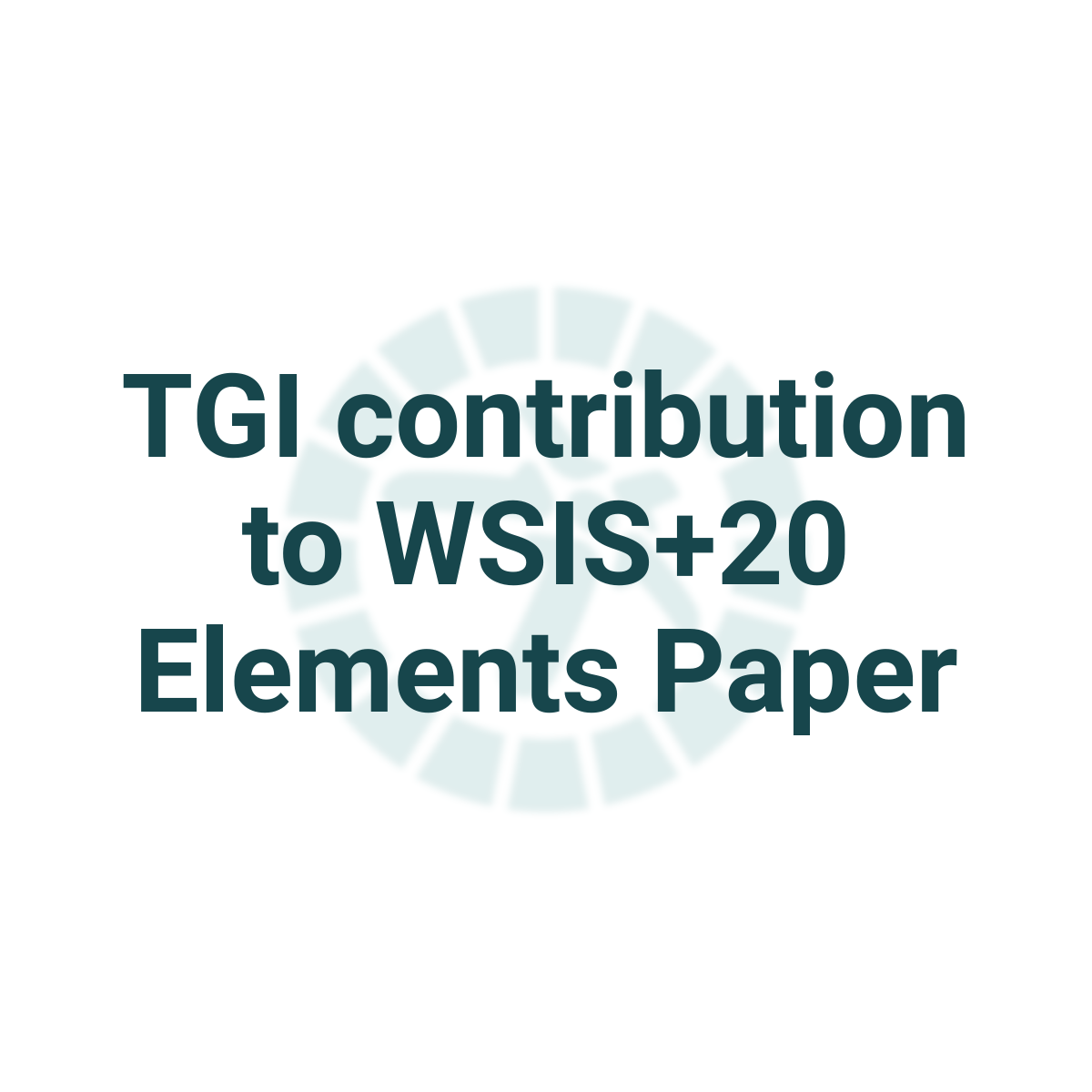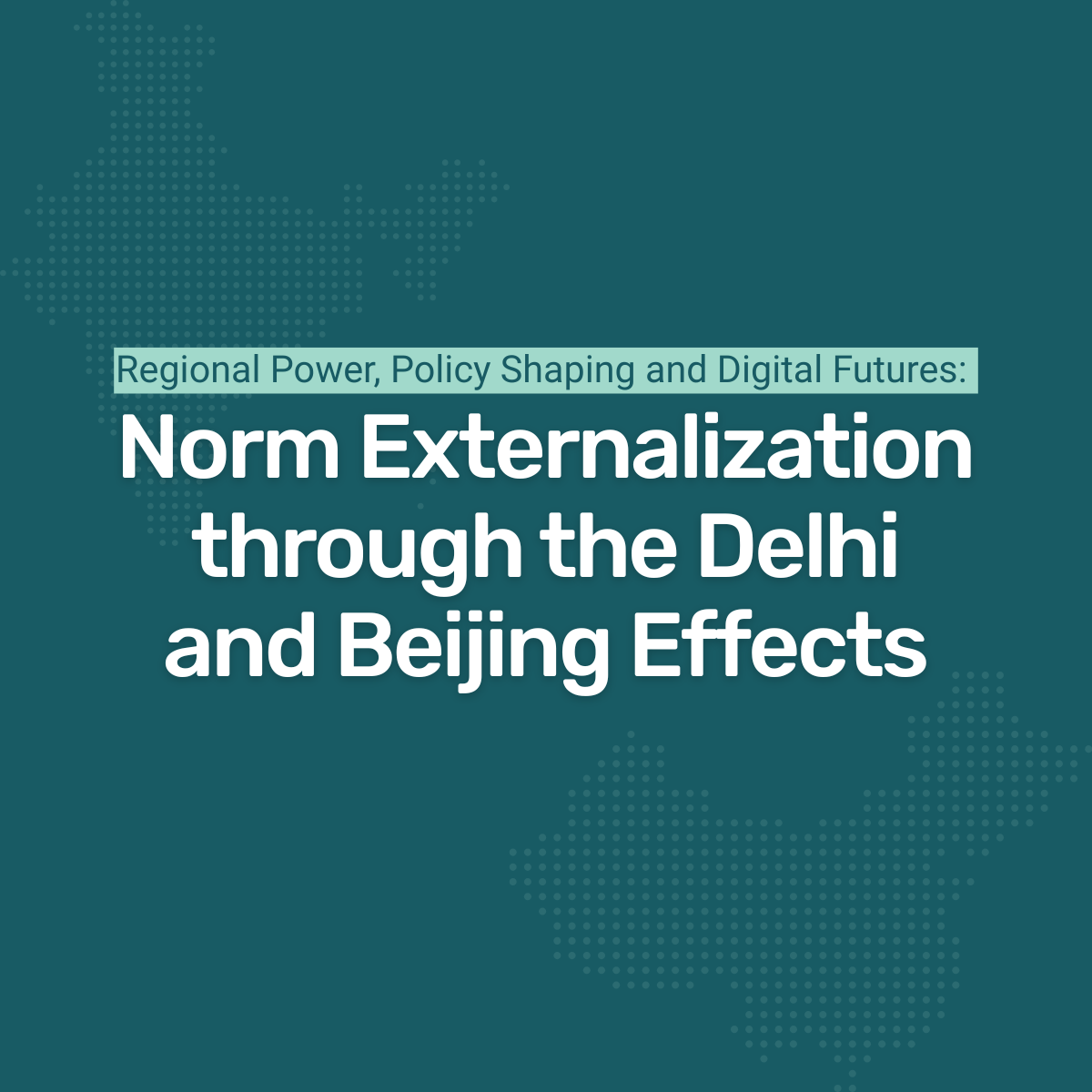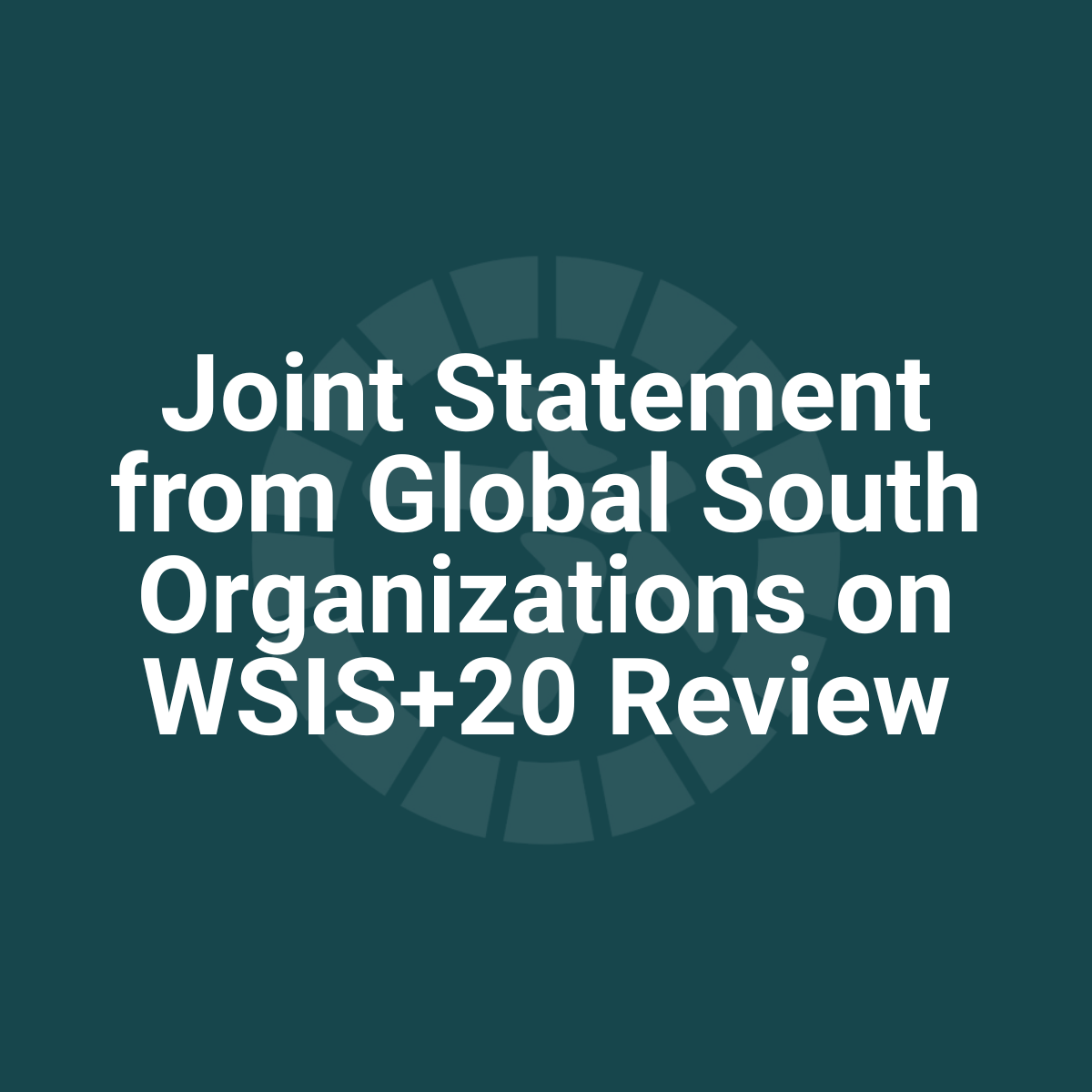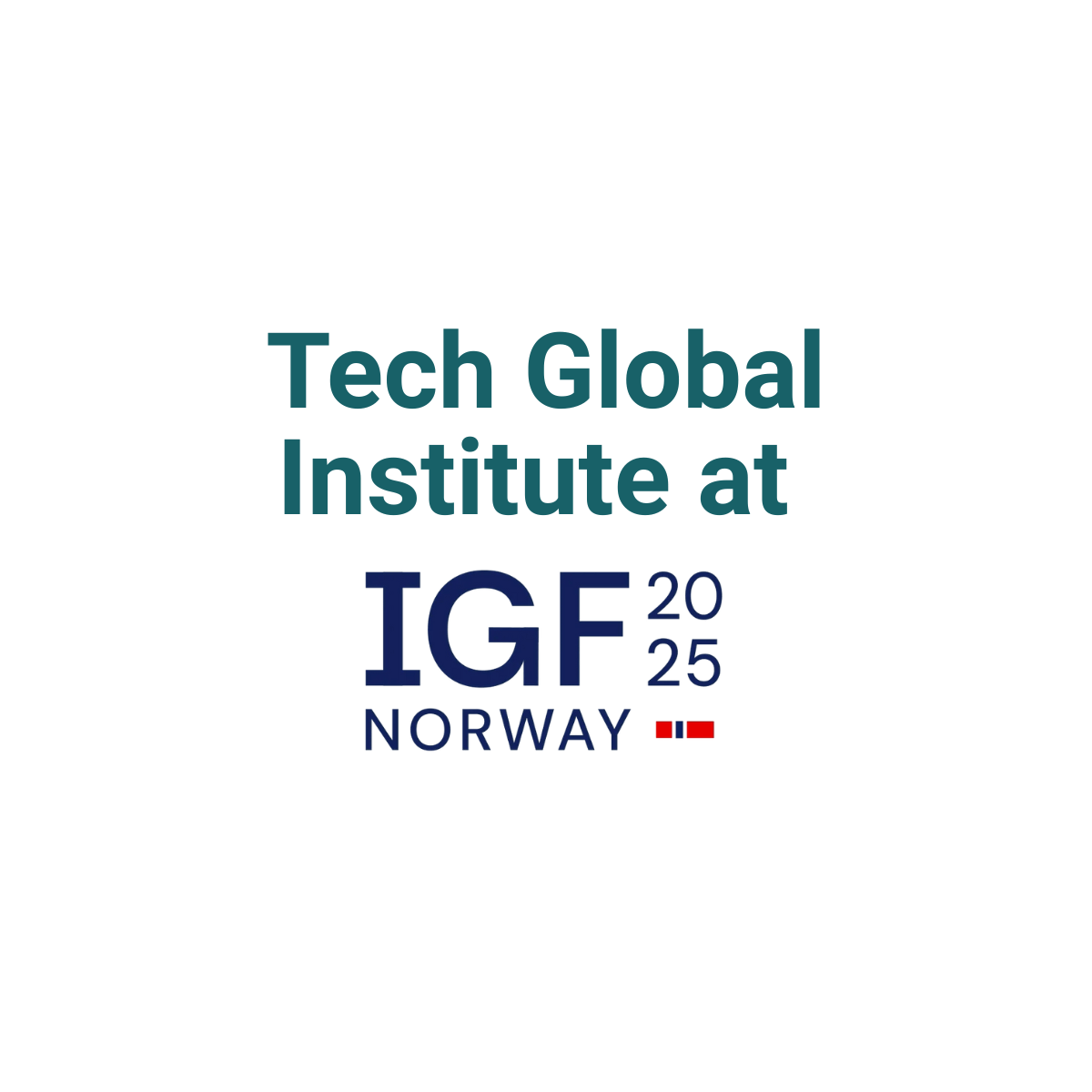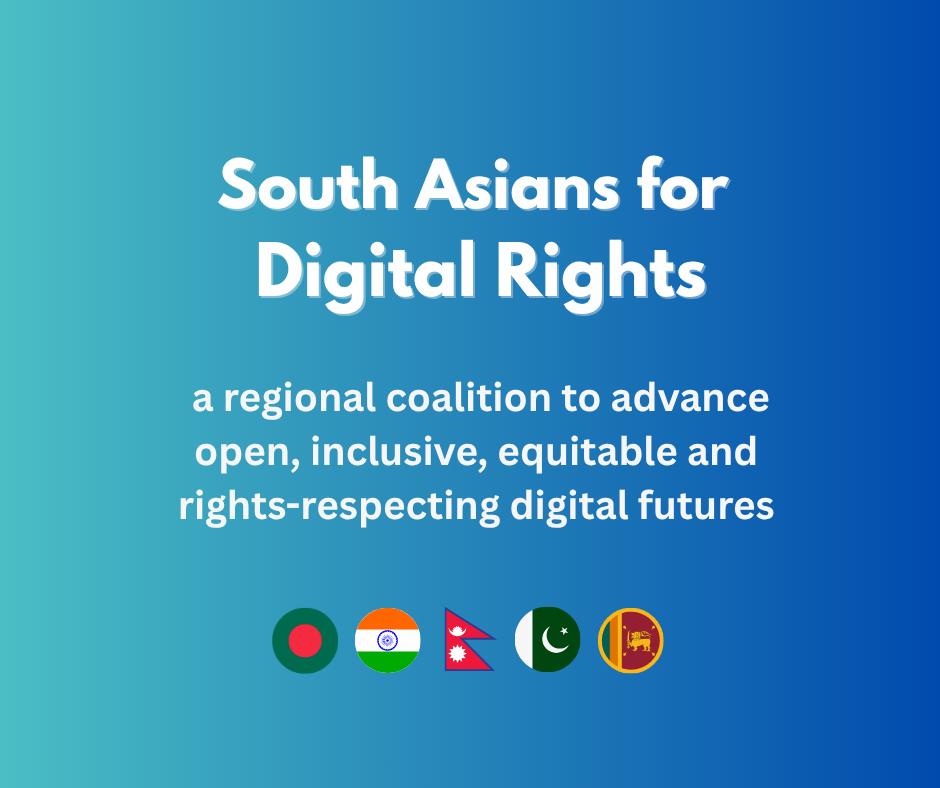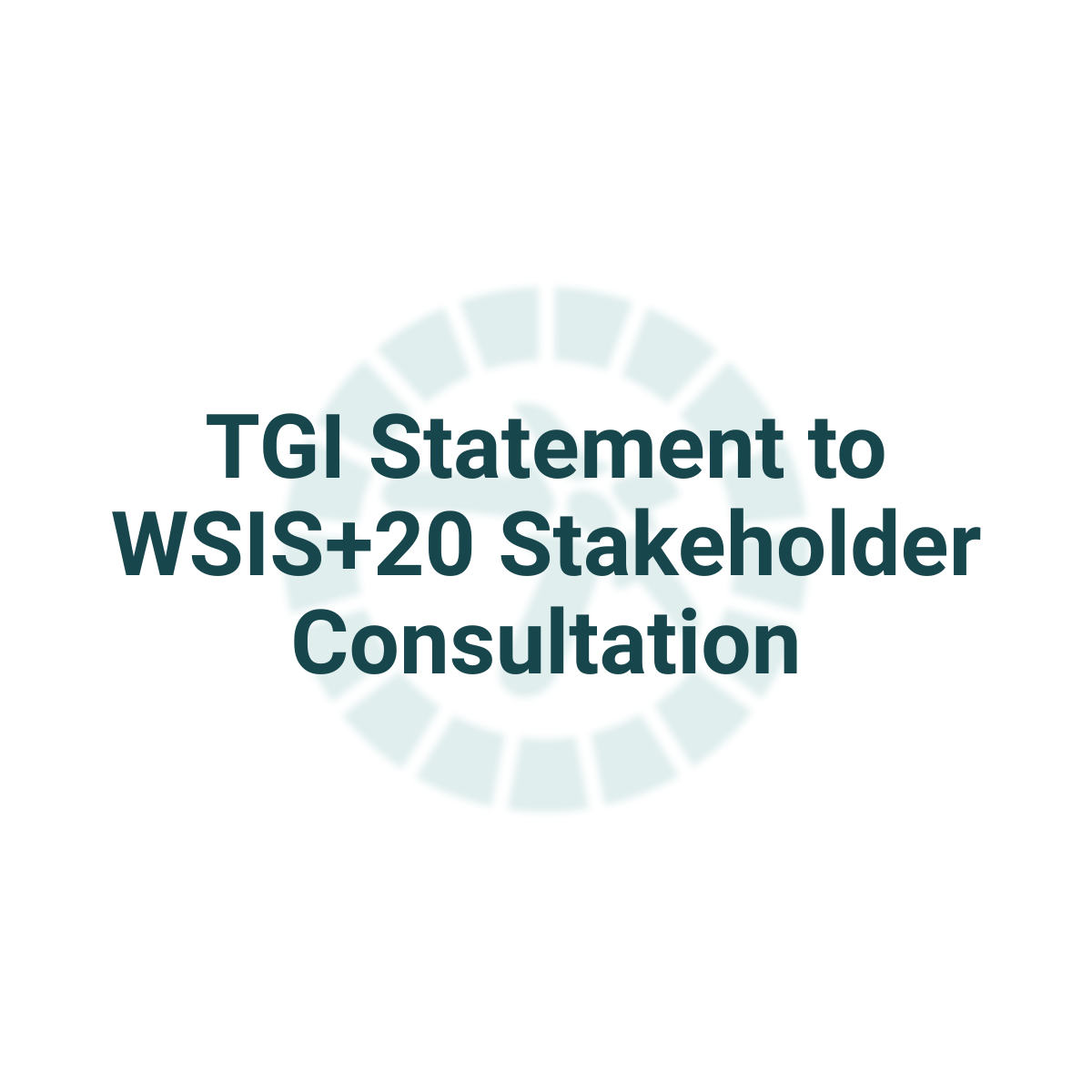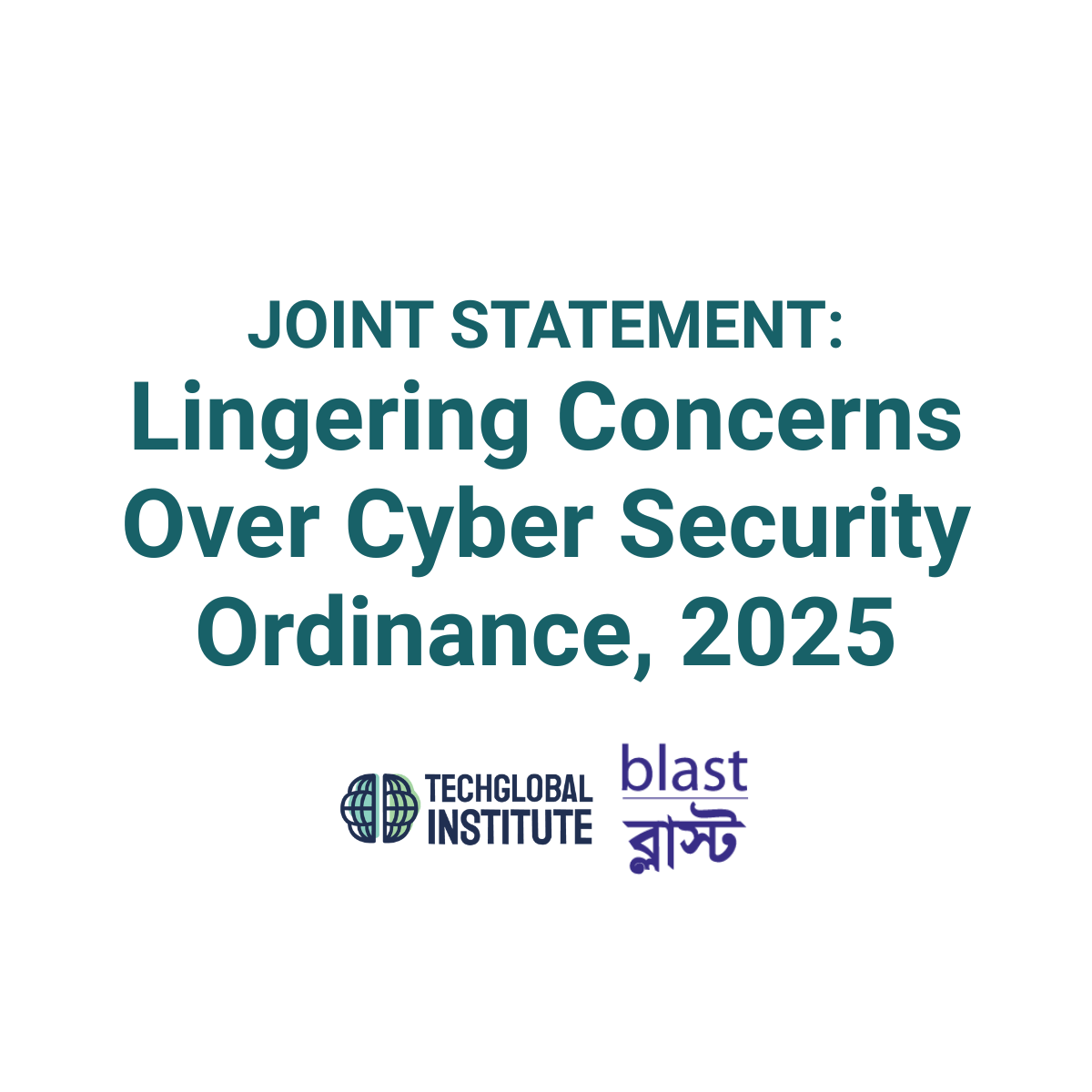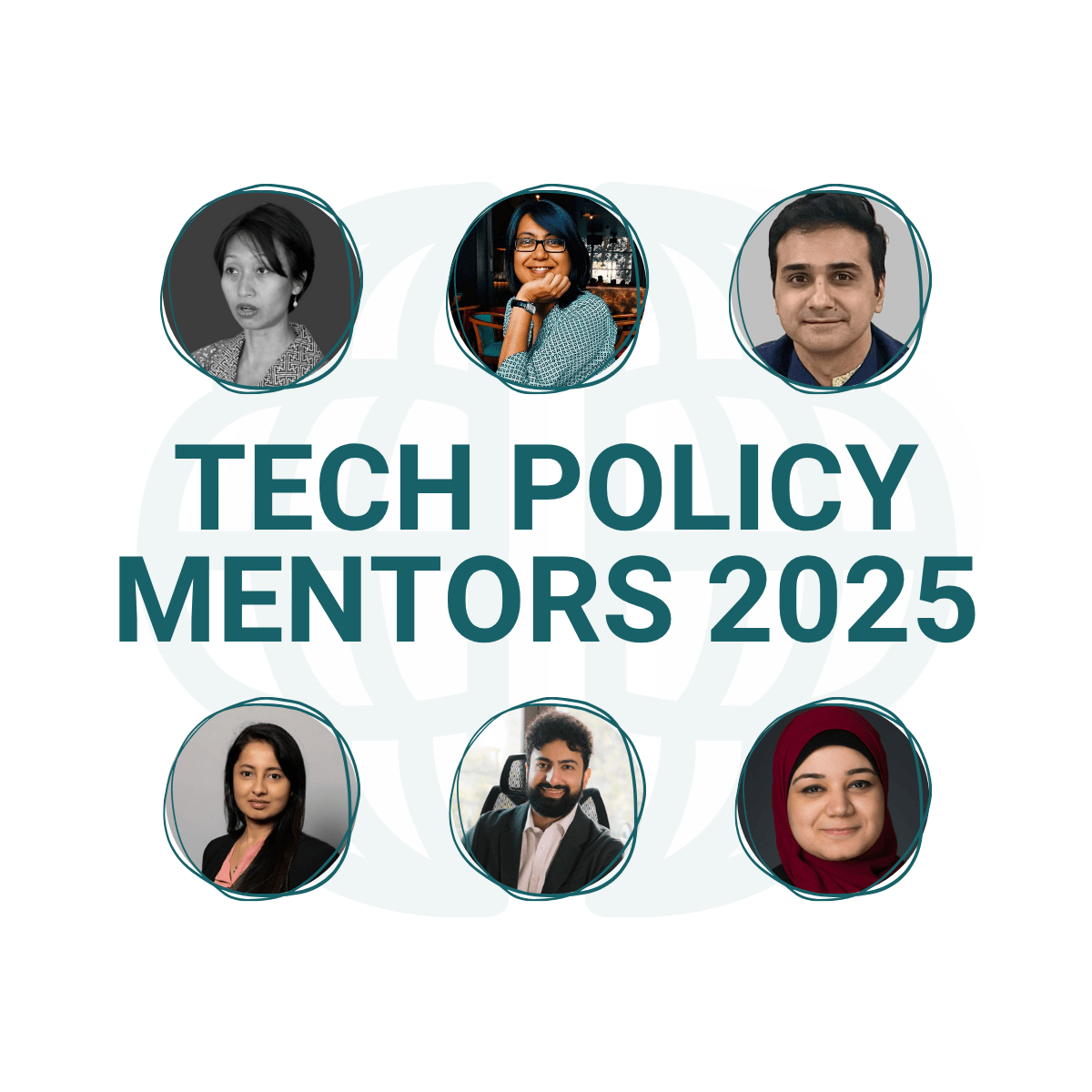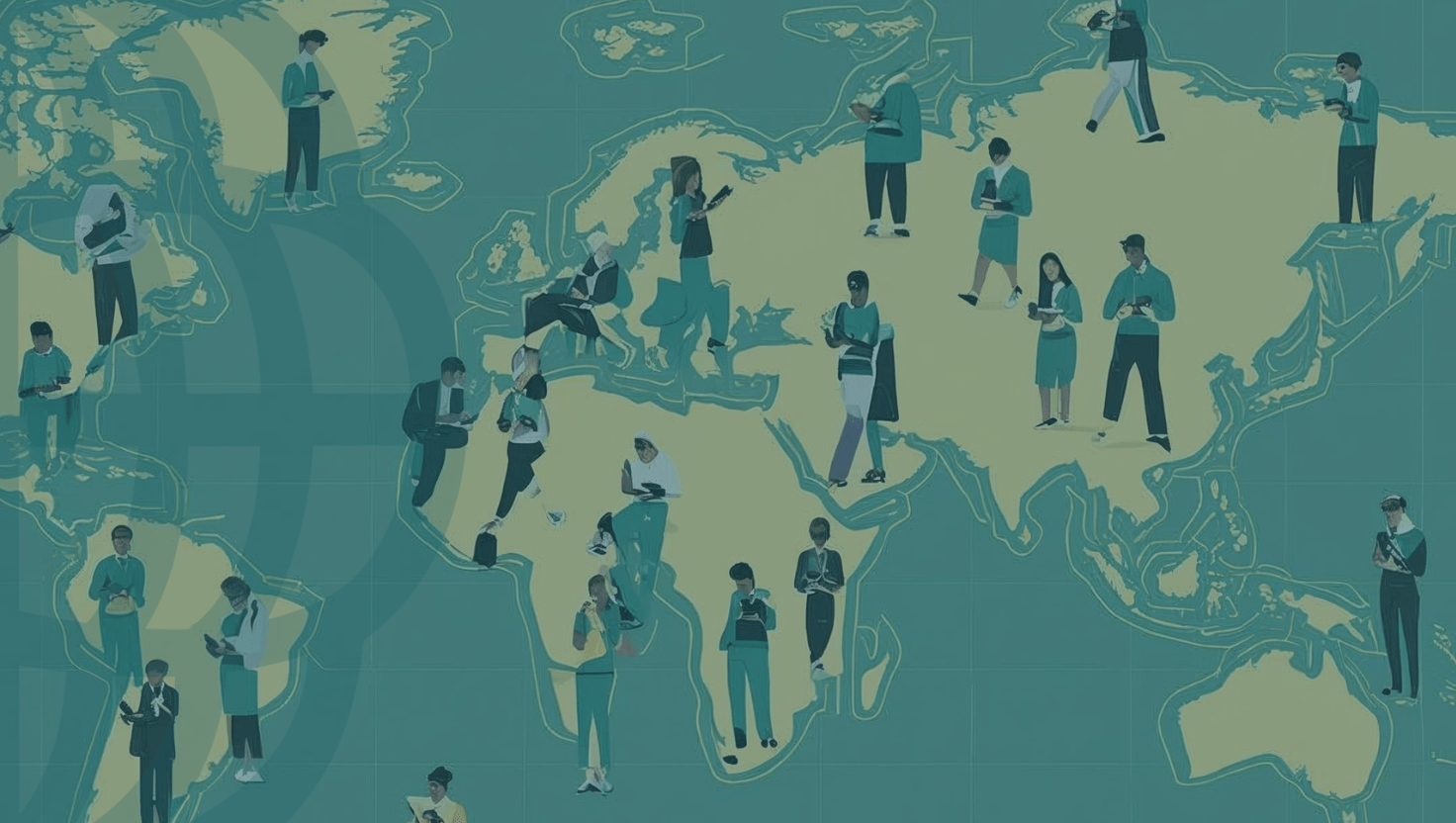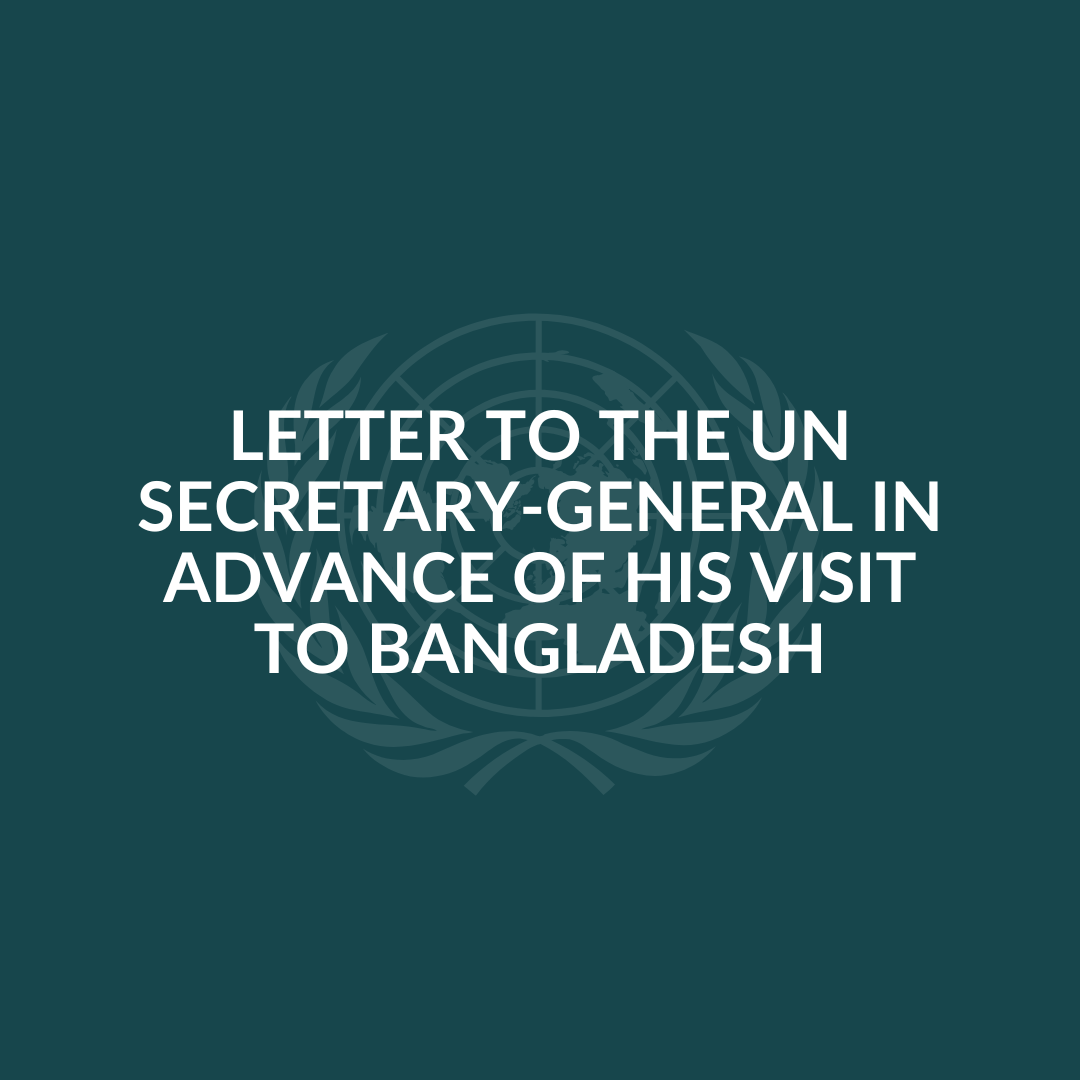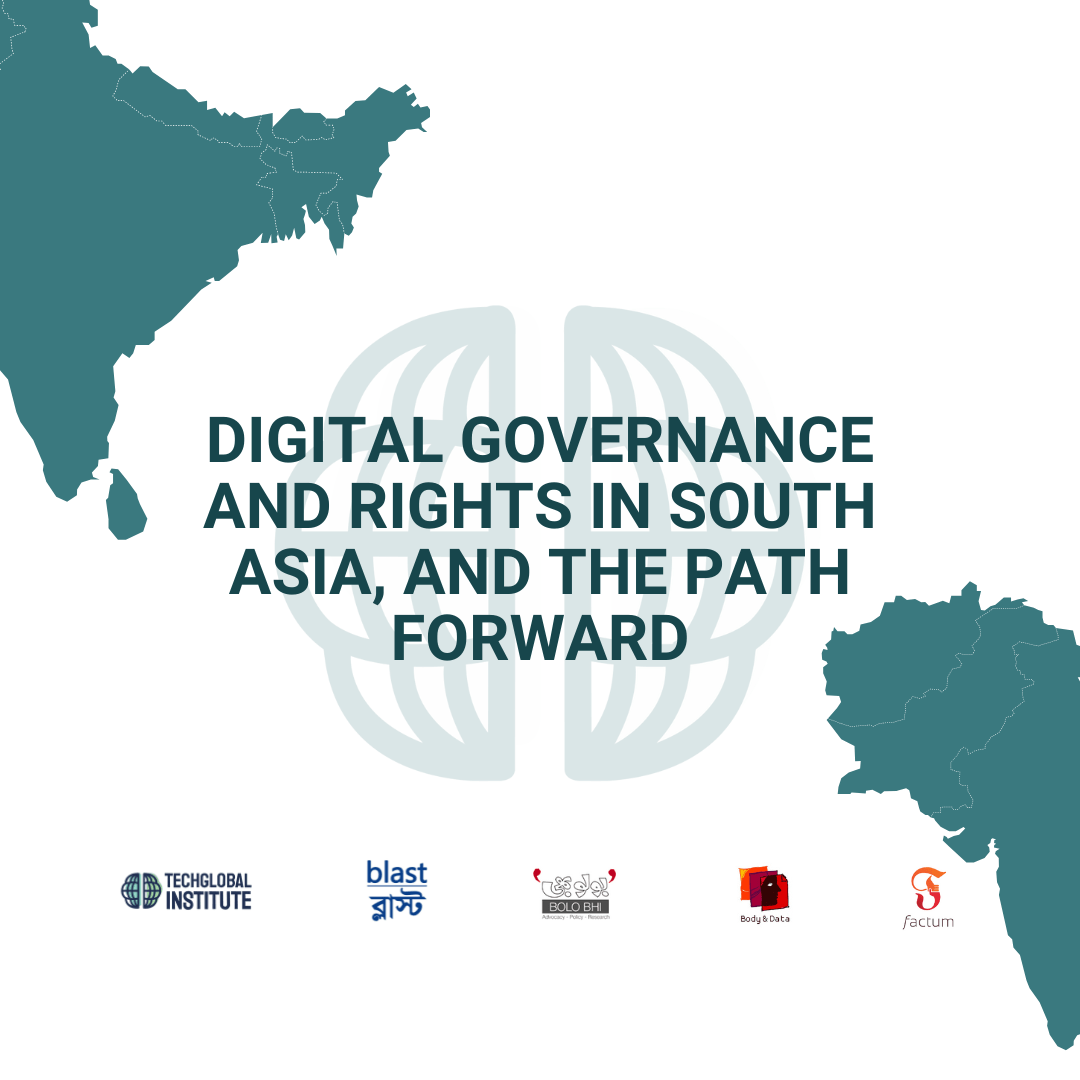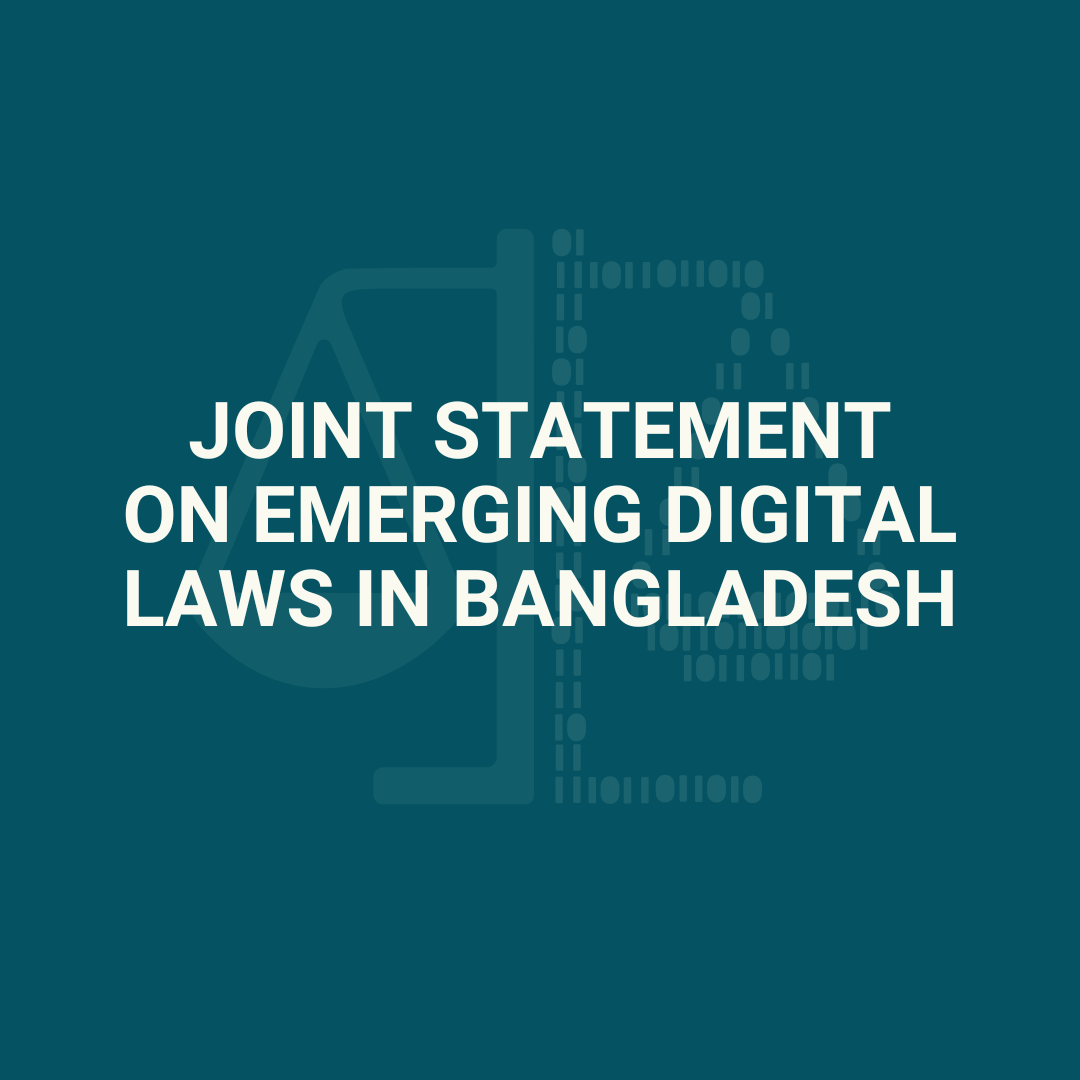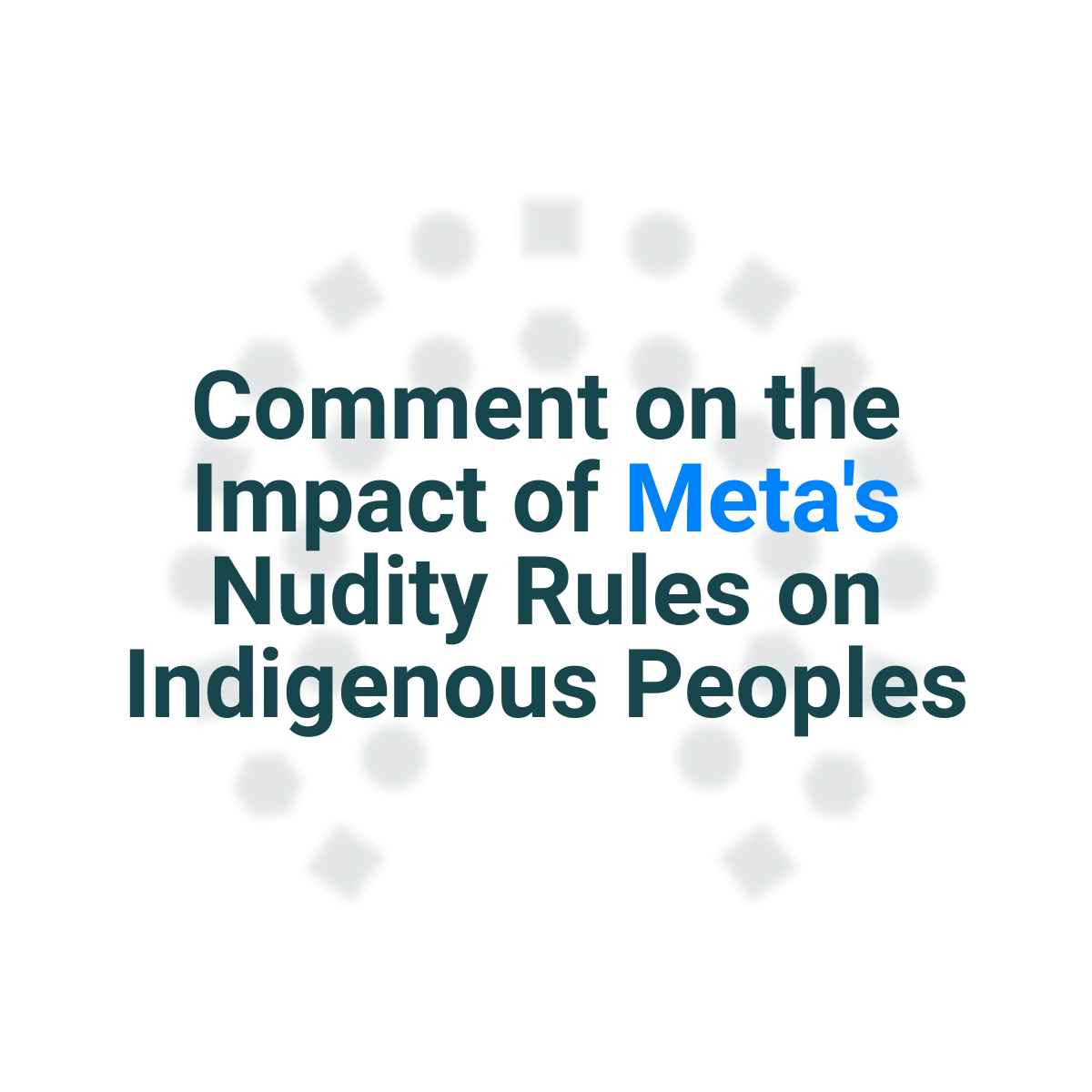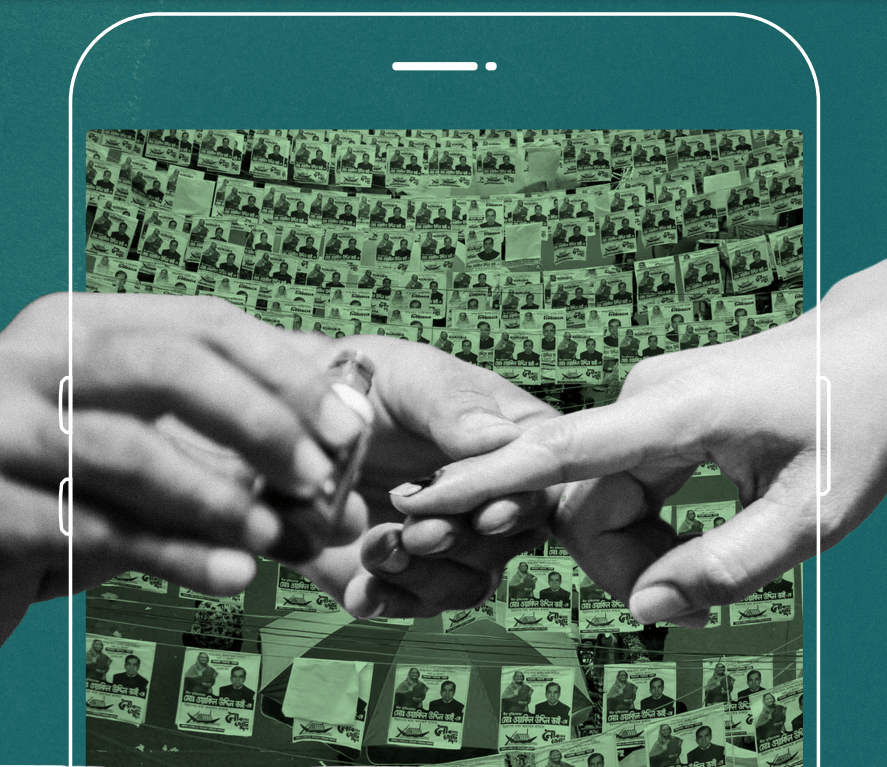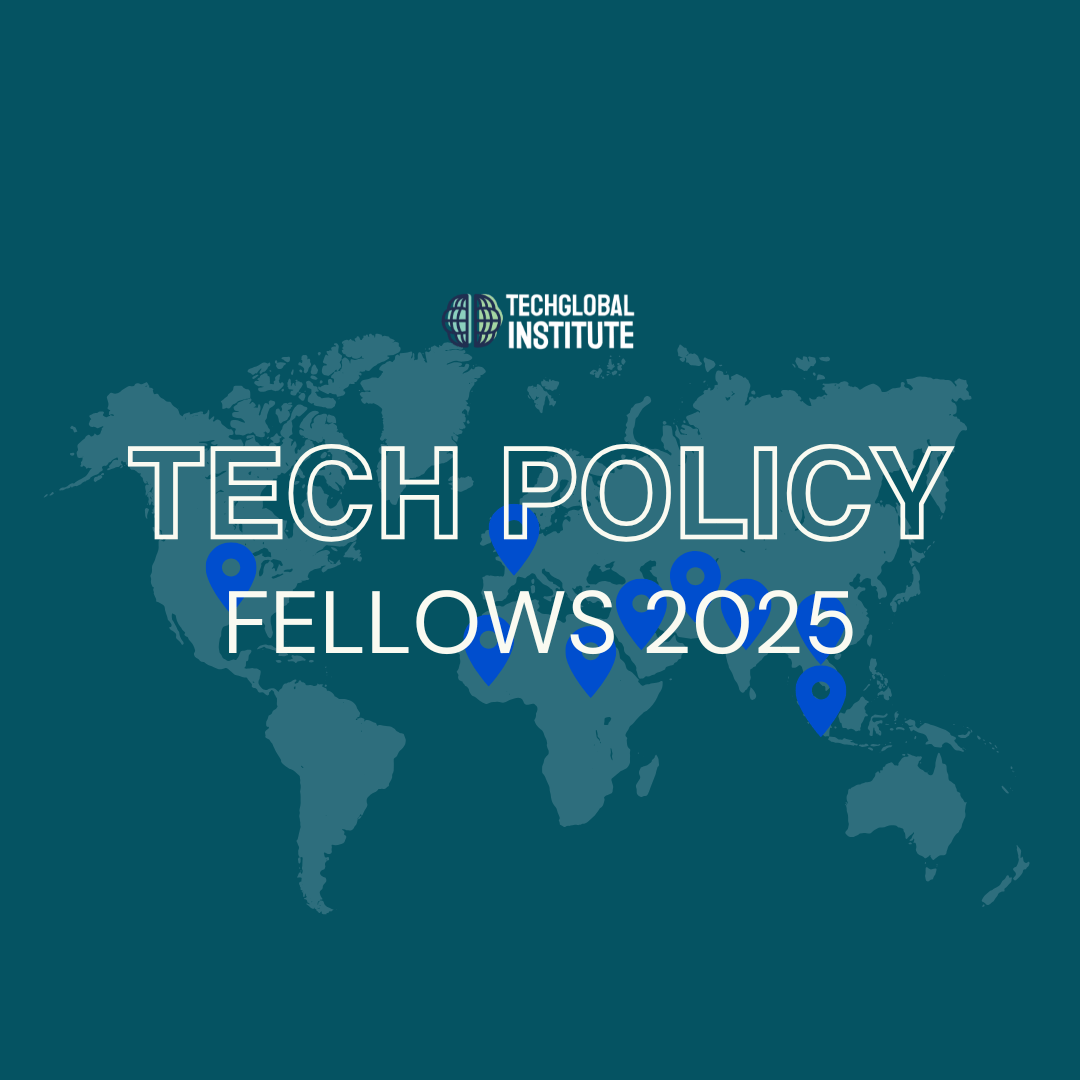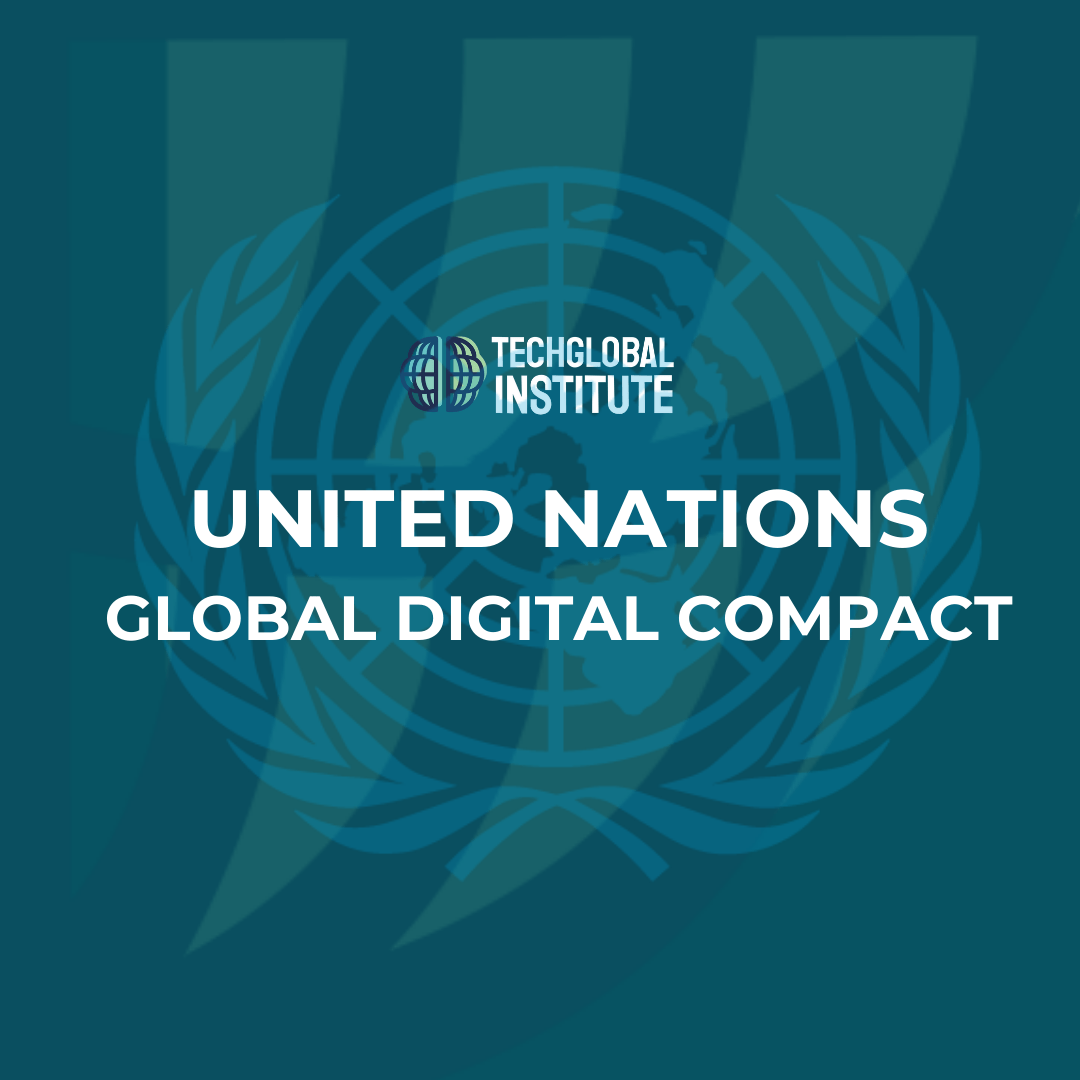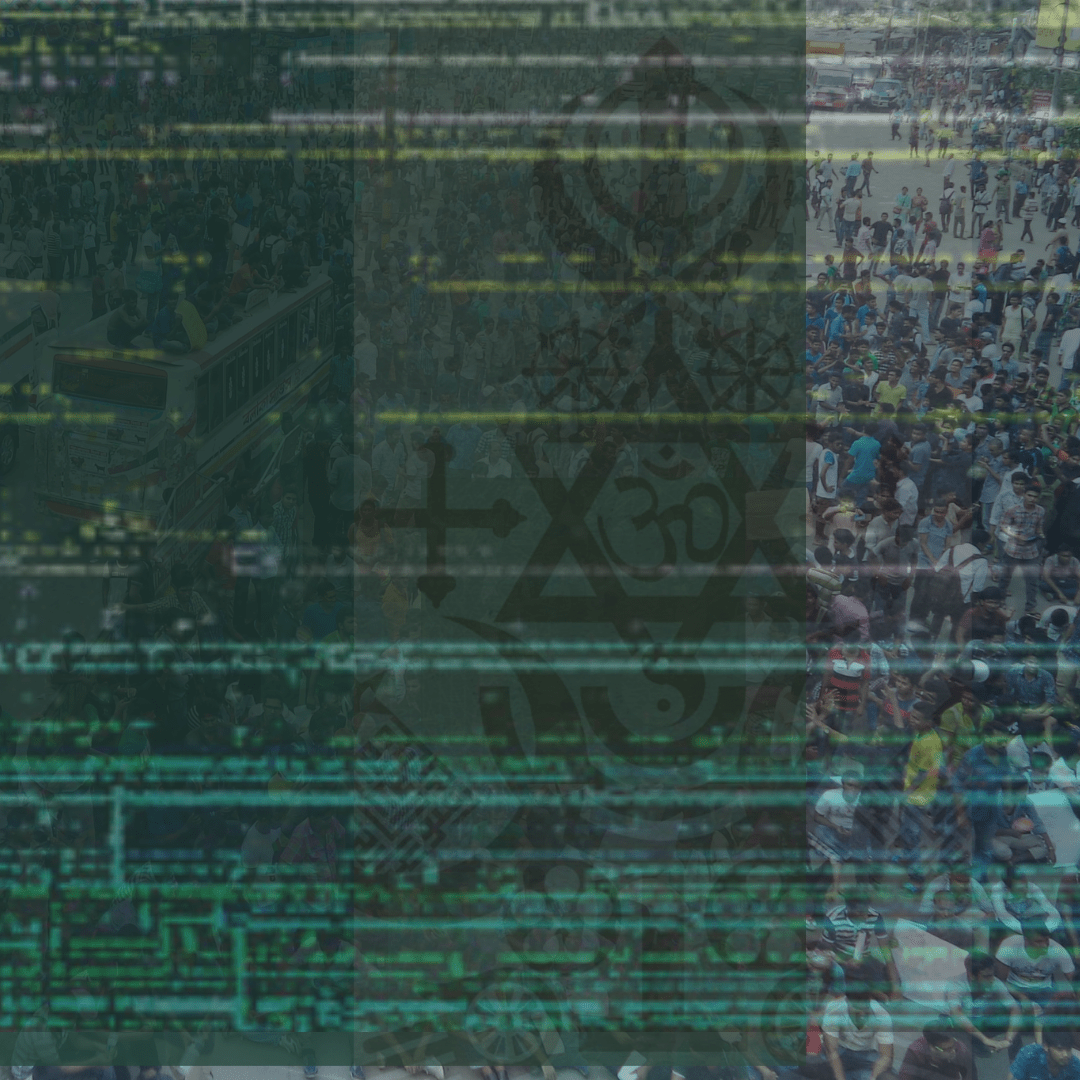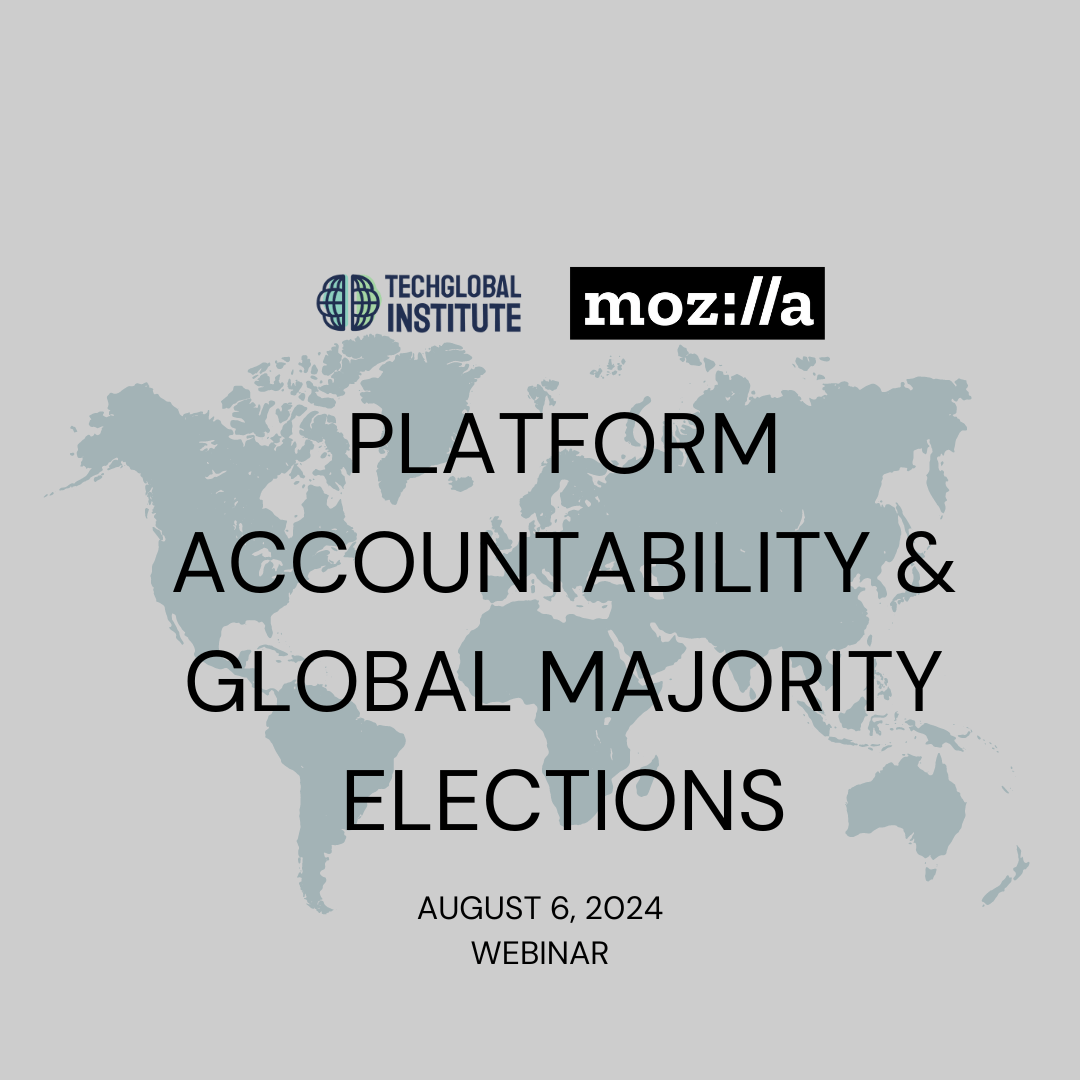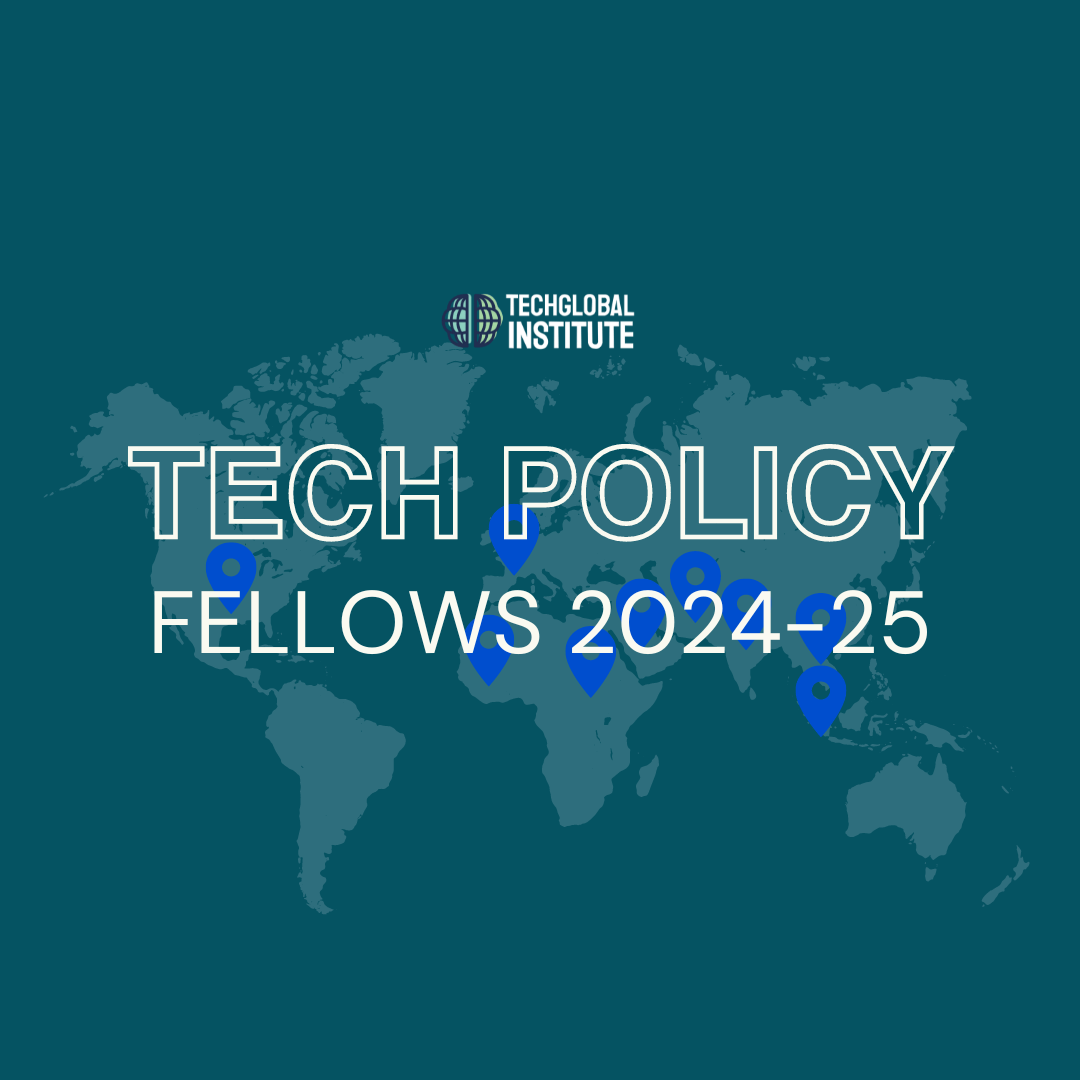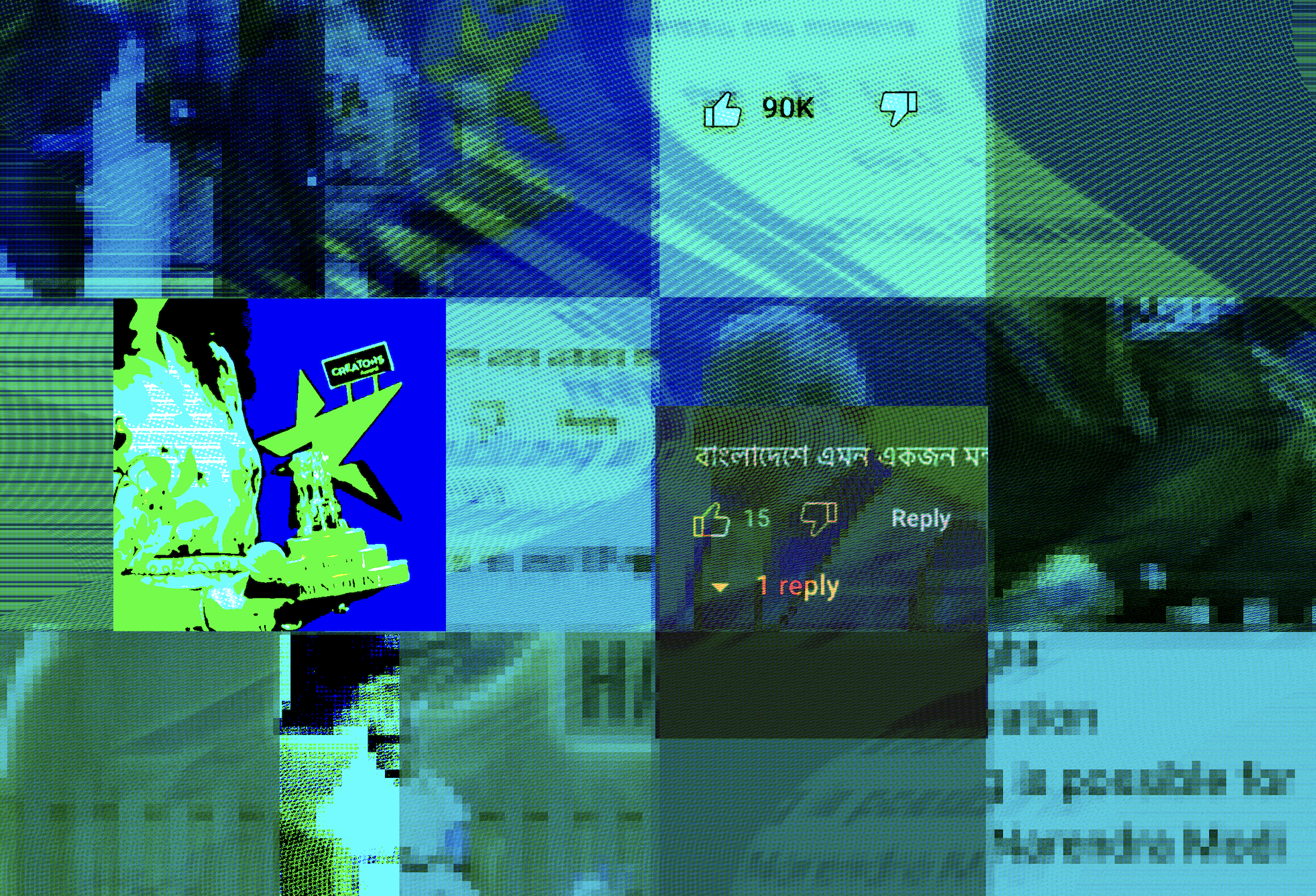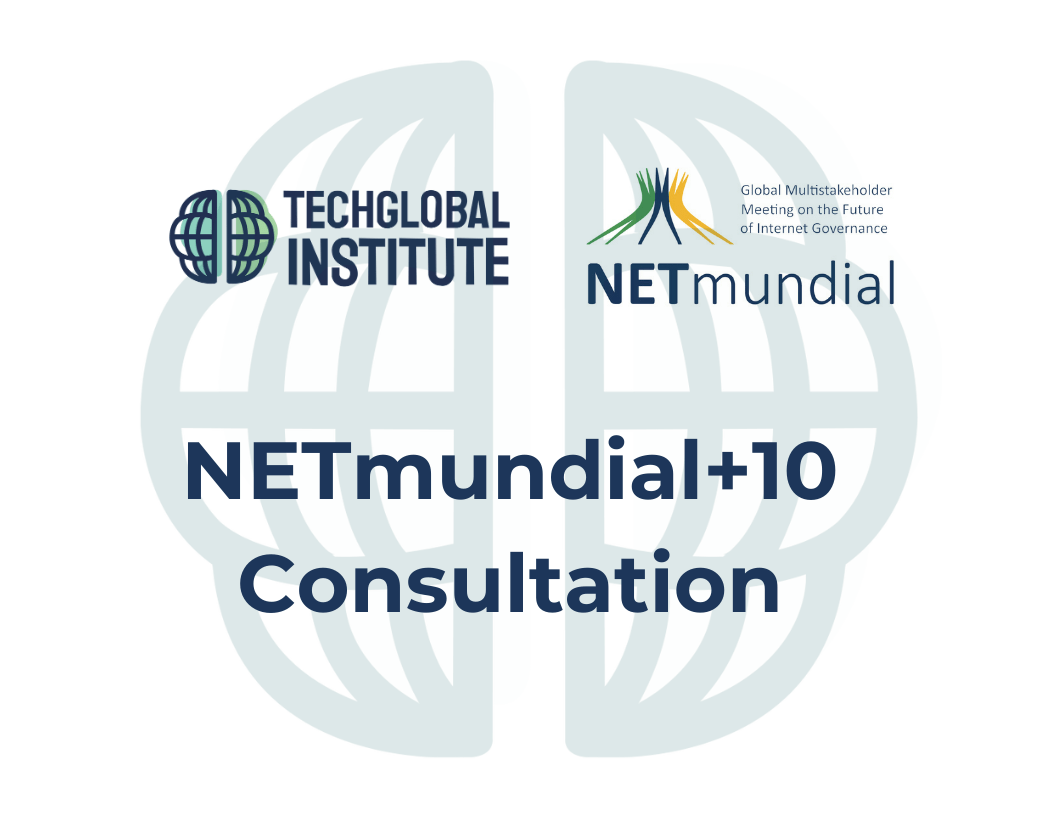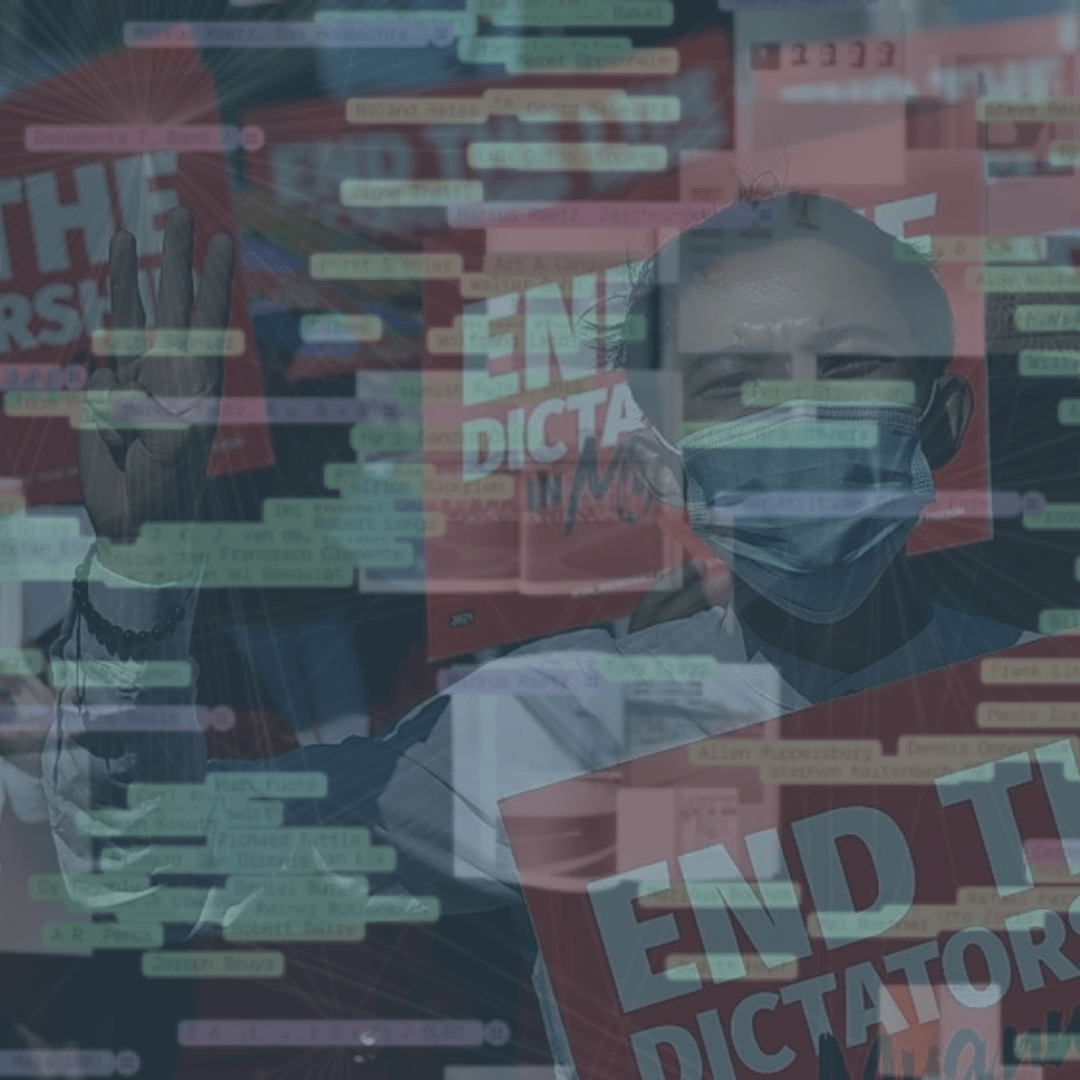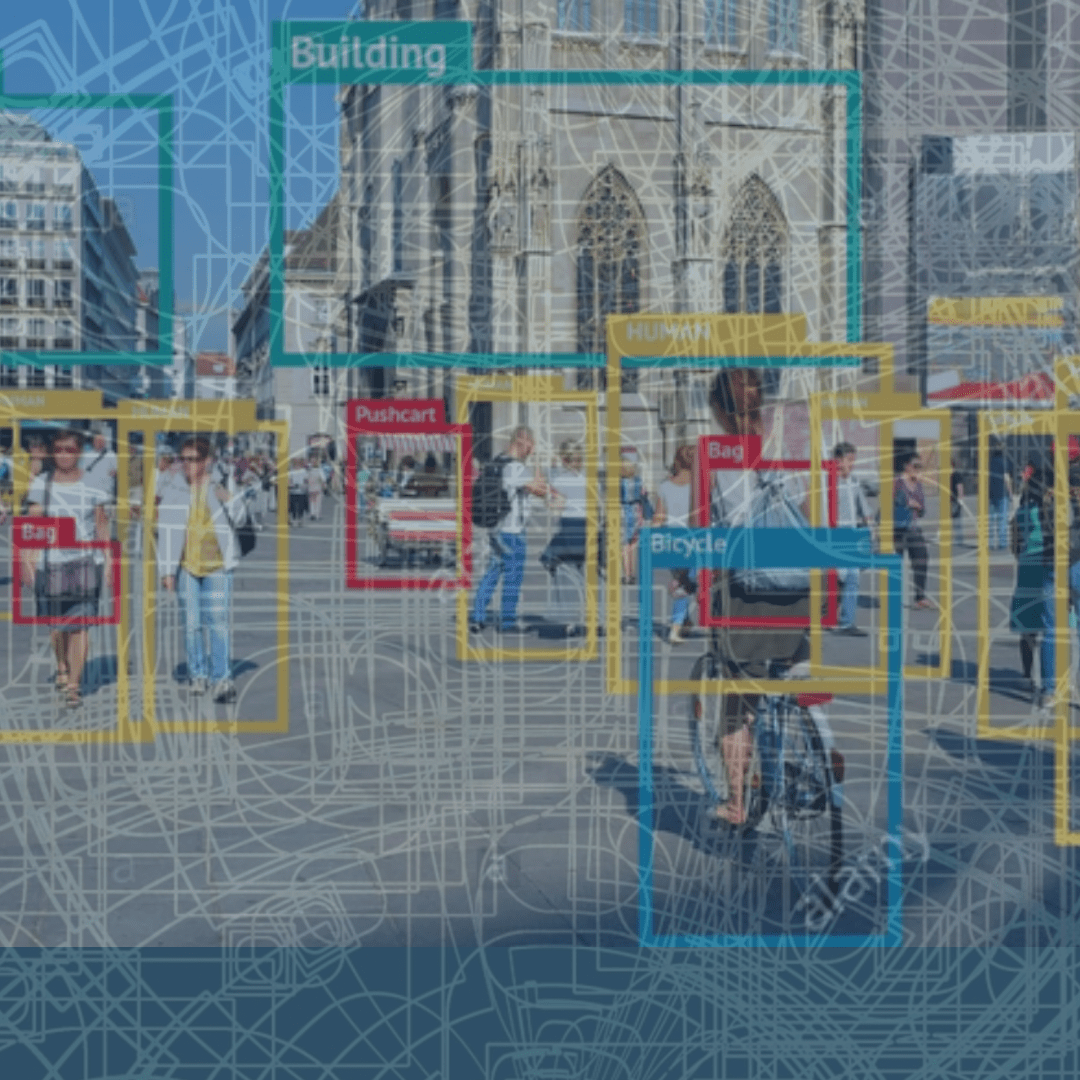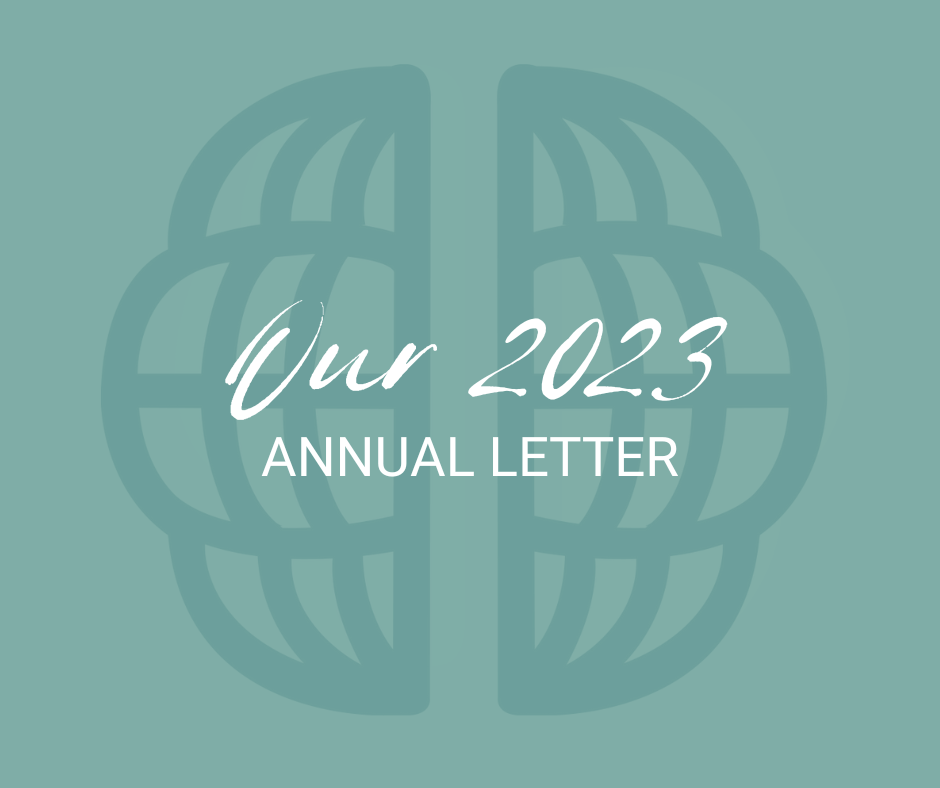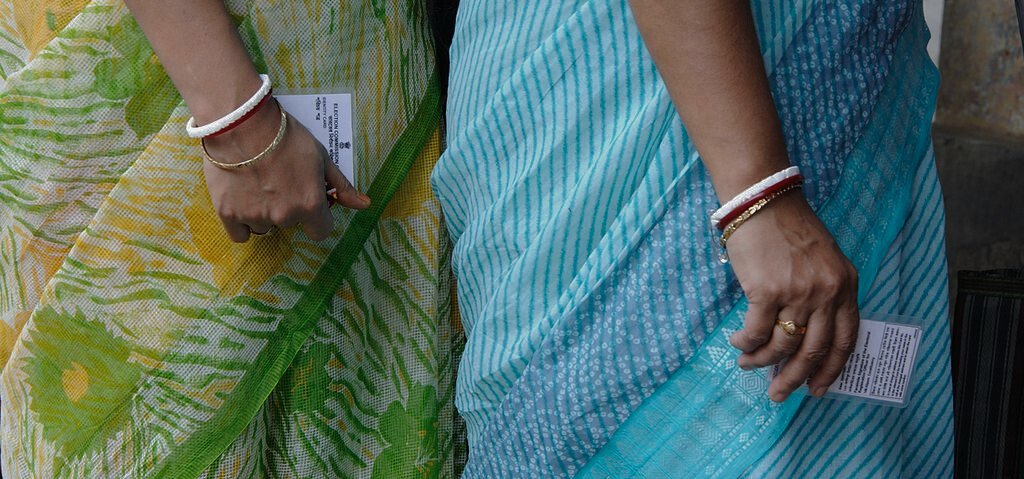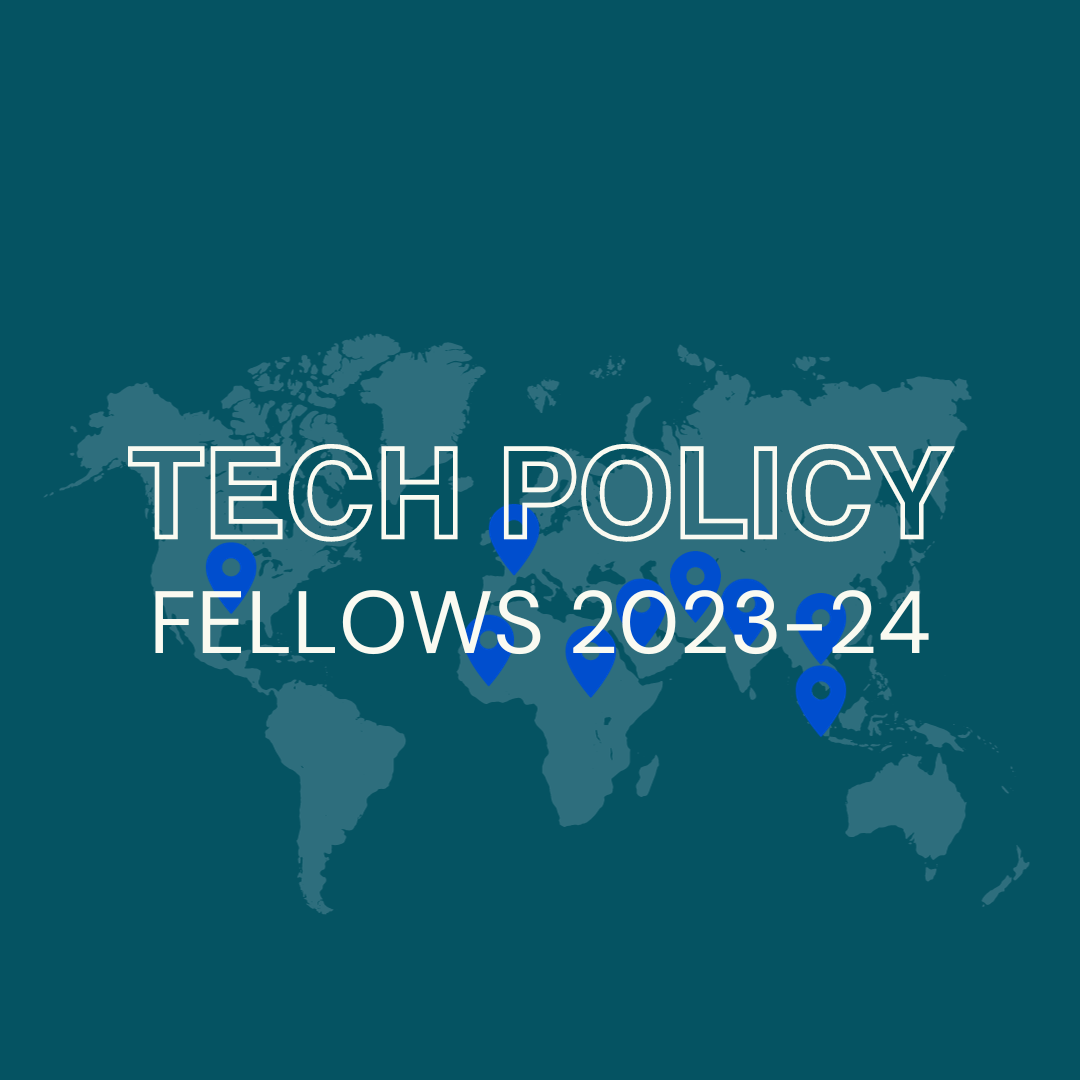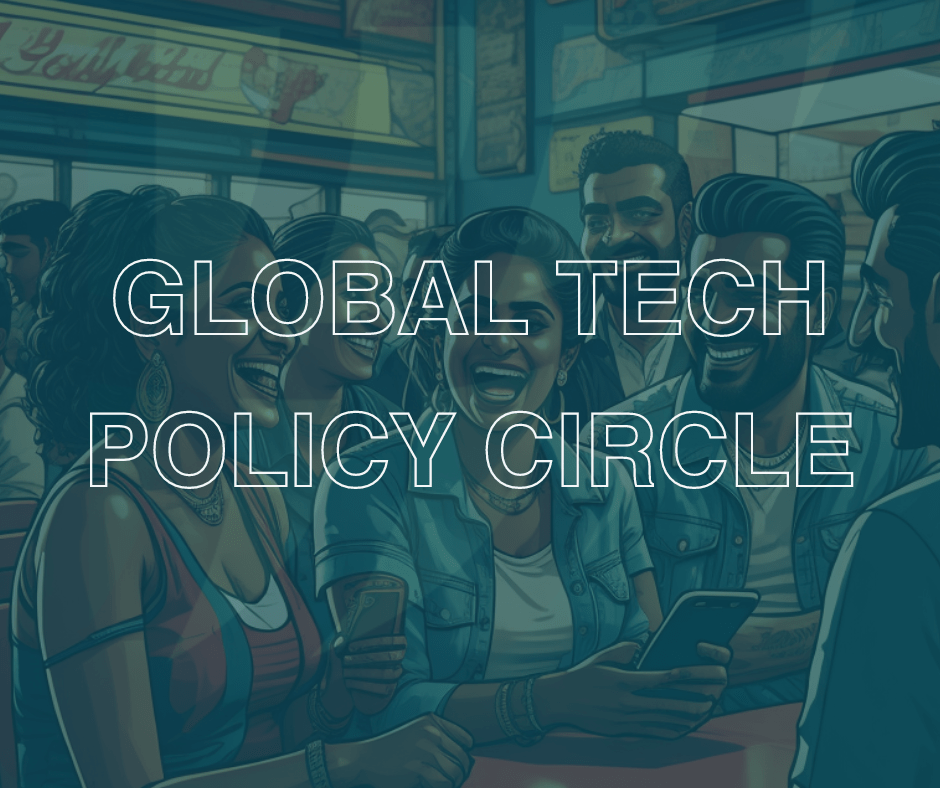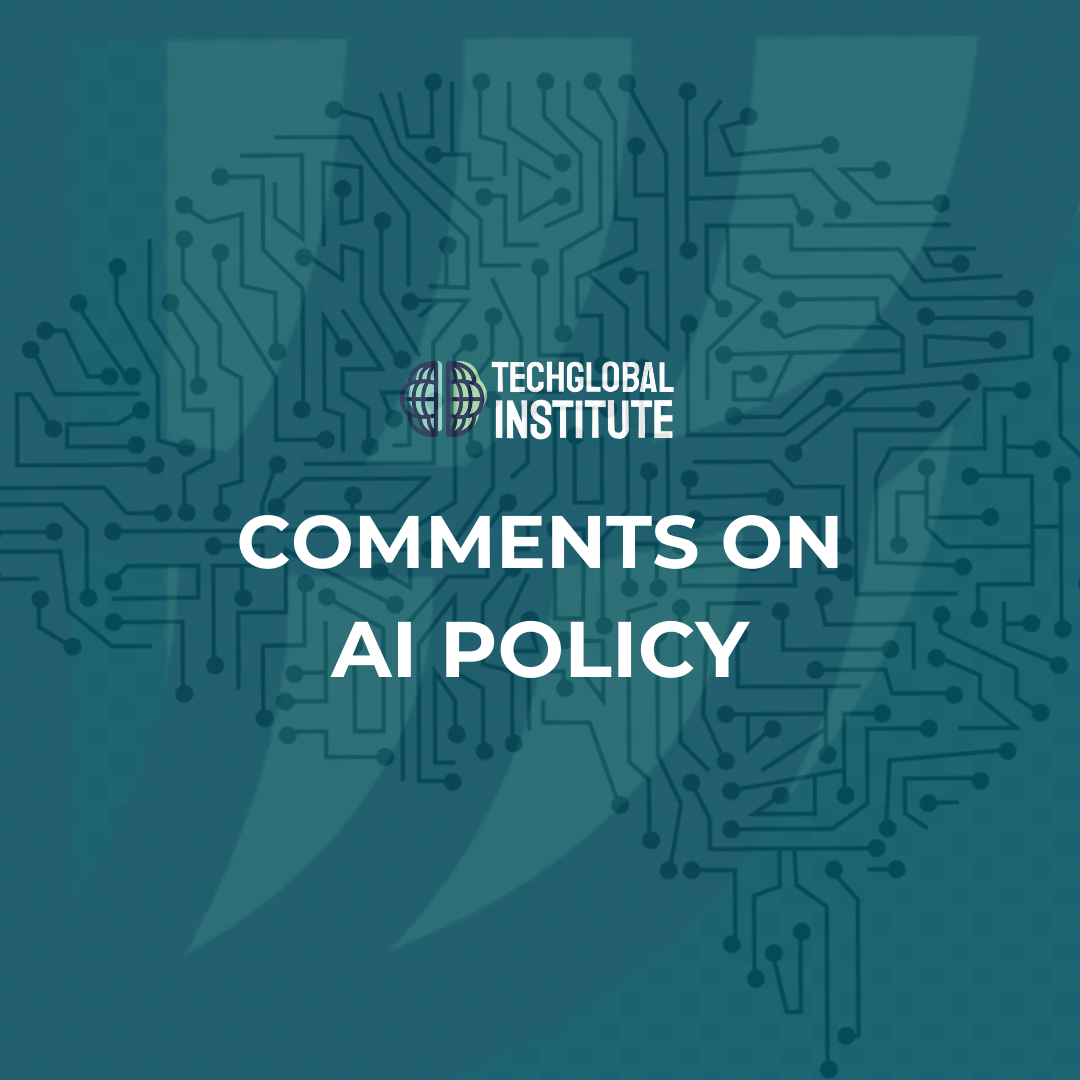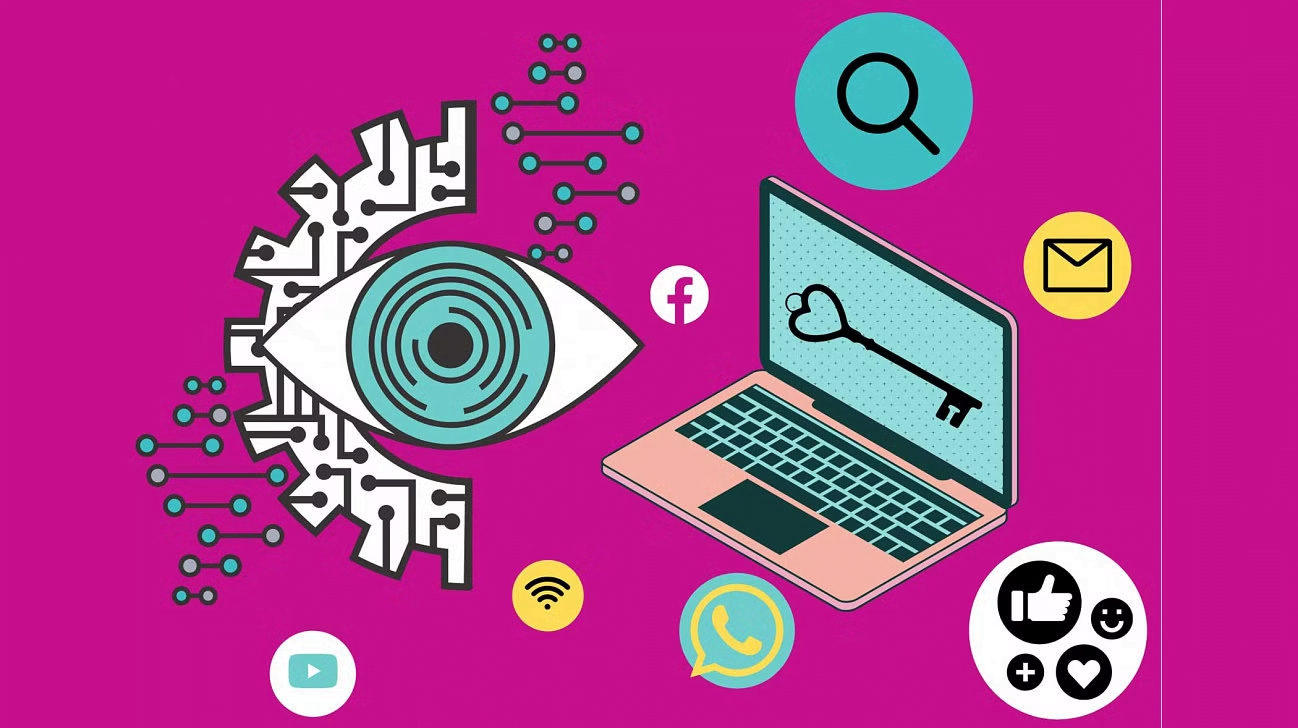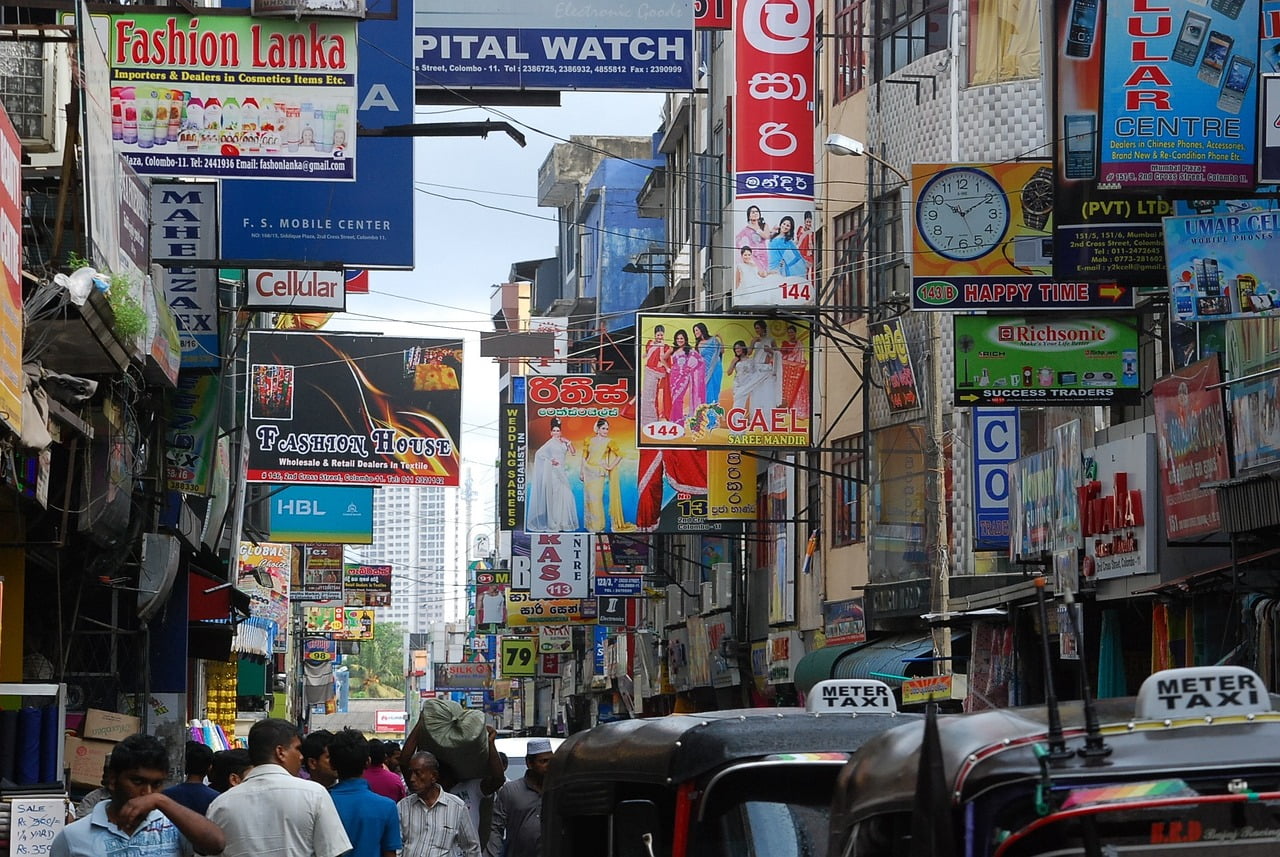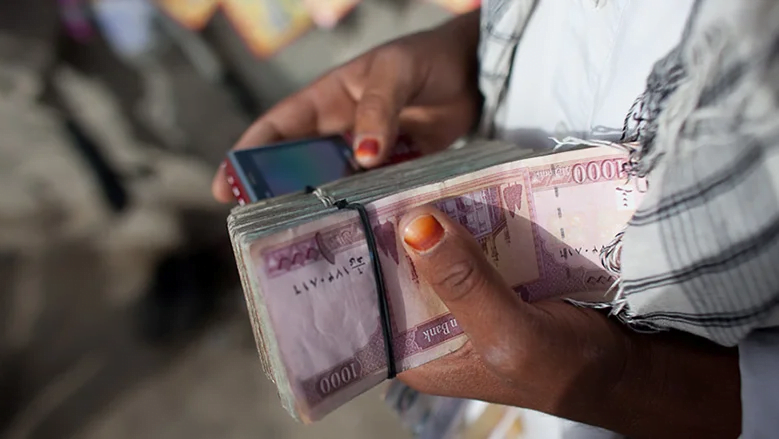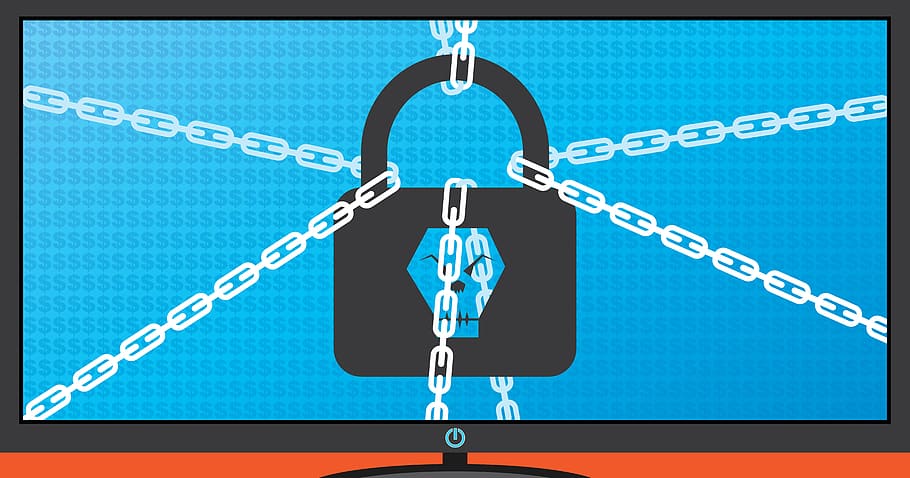Issues
Earlier advances in technology have delivered uneven benefits, exacerbating gaps between developed and low- and- middle-income regions, often resulting in unintended harms. We believe societies can only benefit from technologies, particularly the Internet, if they are inclusive and accessible, and underpinned in democratic values of equity, access to information, privacy and transparency.
|
This policy brief examines how Bangladesh’s electoral integrity is increasingly shaped and strained by the growing centrality of digital infrastructure across the electoral lifecycle. Drawing on a decade-long electoral and institutional context, statistical analysis of
|
Abstract This paper examines Bangladesh’s digital identity ecosystem as an evolving socio-technical infrastructure in which the National Identity (NID) database has become a de facto identity spine across public administration and regulated markets. Using a
|
On 15 November, 2025, the International Khatme Nubuwwat Grand Council convened a large gathering at Suhrawardy Uddyan in Dhaka and announced a year-long, nationwide campaign demanding that the Bangladeshi government formally declare the Ahmadiyya Muslim
|
December 22, 2025 Access Now, Article 19, Committee to Protect Journalists (CPJ), Human Rights Watch (HRW) , International Truth and Justice Project (ITJP), Journalists for Democracy in Sri Lanka (JDS), and Tech Global Institute. We,
|
On December 9, Tech Global Institute submitted its official input for the IMSB-led Virtual Stakeholder Consultation on WSIS+20 Revision 2 (Rev2). TGI’s analysis of the reveals that the text has been weakened in critical normative
|
Tech Global Institute and Derechos Digitales will jointly host an online session titled Designing Community-Centric Data Governance, as a side event to the WSIS+20 UNGA High-Level-Meeting. The session will be held on December 16, 2025,
|
Blog | Announcements | Issues
The Global Digital Public Infrastructure (DPI) Summit 2025, held in Cape Town, South Africa, brought together governments, development partners, technology leaders, and civil society actors from all over the world to discuss how digital public
|
On November 17, 2025, Tech Global Institute responded to the Office of the High Commissioner for Human Rights’ call for inputs with a submission for the upcoming thematic report on “the impact of digital and
|
The Bangladesh Election Commission’s (EC) decision to enable millions of expatriates to vote is overdue and, on paper, encouraging. It operationalises a series of amendments to the Representation of the People Order, 1972 made over
|
WSIS+20 Virtual Stakeholder Consultation on Rev1 November 14, 2025 Delivered by: Shumaila H. Shahani, Tech Global Institute Statement My name is Shumaila Shahani, and I represent the Tech Global Institute, where we’re dedicated to advancing
|
Sign up for the “unconference” workshop here: https://luma.com/hqws4vm9 Despite a series of high-profile global AI Summits (in Paris, Seoul, and Bletchley Park) and multilateral processes—meant to shape the norms, frameworks, and principles that govern AI—civil
|
October 13, 2025— We commend the Interim Government of Bangladesh for its significant and timely initiative in considering the draft Personal Data Protection Ordinance, 2025 (the “Draft PDPO”) and the draft National Data Management Ordinance,
|
Digital technologies—especially social media platforms and AI/ML models—are powered by vast global supply chains of labor, often hidden from public view. At the heart of these systems are thousands of workers who perform content moderation,
|
The Confederation of African Football (CAF) hosts the African Nations Championship (CHAN), a biannual competition that is only open to players competing in their home leagues. In contrast to the Africa Cup of Nations (AFCON),
|
Late August 2025 in Indonesia felt like a power surge. Weeks of anger over policy missteps, rising prices, and broken promises spilled on to the streets. By nightfall, after an accident that claimed the life
|
A Global South View of Transatlantic Speech Myths When the U.S. House Judiciary Committee held a hearing on Europe’s Threat to American Speech and Innovation earlier this month, one would have been forgiven for expecting
|
September 10, 2025— We, the coalition of South Asians for Digital Rights (SADR), are deeply alarmed by the former Government of Nepal’s violent crackdown on unarmed civilians protesting against corruption and maladministration. We further condemn
|
Digital technologies—particularly social media or user-generated content platforms and artificial intelligence services—are powered by vast global supply chains of labor, often hidden from public view. At the heart of these systems are thousands of workers
|
Bangladesh’s surveillance system, rooted in colonial-era policing traditions and strengthened by post-independence military intelligence priorities, has transformed significantly over the past two decades. It has evolved from rudimentary physical monitoring to a sophisticated, cyber-enabled network
|
A Critical Juncture for Digital Governance Tech Global Institute (TGI) participated in the WSIS+20 High-Level Event in Geneva from July 7 to 11, 2025, a milestone convening to assess two decades of progress since the
|
Follow-up WSIS+20 Informal Stakeholder Consultation Session July 29, 2025 Theme: The Digital Economy Delivered by: Tech Global Institute Statement Thank you, your Excellencies. My name is Shumaila Shahani, and I represent the Tech Global Institute
|
Tech Global Institute (TGI) reaffirms its commitment to inclusive, equitable, and rights-based digital governance by co-developing joint submissions to the WSIS+20 review Elements Paper through the Global Digital Justice Forum (GDJF) and the Global Digital
|
As the world becomes increasingly interconnected, the rules and norms governing technology no longer remain confined to their jurisdictions of origin. Instead, they ripple outward, creating what scholars have labelled national and regional effects that
|
This statement brings together voices from the Global South/Majority. If you are part of this community, we invite your endorsement via the form below. Endorse Now As civil society and human rights organizations from the
|
Tech Global Institute (TGI) is pleased to announce its participation at the Internet Governance Forum (IGF) 2025, to be held in Lillestrøm, Norway from June 23-27. TGI will play key roles at sessions focusing on
|
Launch of the South Asians for Digital Rights Coalition A United Front for Digital Rights in South Asia 19 June, 2025 — Digital repression is rising across South Asia, but so is resistance. Today, we
|
Tech Global Institute (TGI) is a tech policy nonprofit with a mission to advance equities and rights for Global Majority communities on the Internet. We would like to reiterate what we see as essential to
|
Tech Global Institute (TGI) and Bangladesh Legal Aid and Services Trust (BLAST) welcome the initiatives of getting rid of the Cyber Security Act, 2023 and speech-related offences, and the withdrawing of ongoing cases under these
|
Every year, TGI’s Tech Policy Fellowship convenes emerging and established researchers from the Global South to explore critical issues in tech accountability and governance. This year, we are hosting fellows from South Asia, Southeast Asia,
|
This document builds on the Five-Point Plan–endorsed by 114 organisations and 57 individual experts–to offer practical recommendations to ensure transparency, inclusivity, and meaningful stakeholder engagement in the WSIS+20 review process. Appoint a non-governmental stakeholder liaison
|
Recent shifts in U.S. government funding priorities have created a severe crisis for global humanitarian and human rights work, slashing financial support for civil society organizations (CSOs) and disrupting essential efforts to protect fundamental freedoms.
|
At RightsCon 2025 in Taipei (February 24-27), Tech Global Institute led salient discussions on a range of issues around tech accountability that disproportionately affect communities in the Global Majority. In addition to panels, workshops and
|
March 10, 2025 His Excellency António Guterres Secretary-General of the United Nations Dear Secretary-General: As human rights organizations, we write to respectfully urge you to do everything in your power to provide UN support to
|
Last year, 12 digital rights organizations from across South Asia came together in Kathmandu to exchange lessons and learnings amid rising state-sanctioned and platform-mediated technology authoritarianism in the region. The discussions tackled a broad range
|
JOINT STATEMENT ON EMERGING DIGITAL LAWS IN BANGLADESH by Access Now, ARTICLE 19, Human Rights Watch, PEN International, Robert F. Kennedy Human Rights, and Tech Global Institute February 25, 2025 Bangladesh is undergoing a significant
|
A recent ruling by a California court has significantly weakened the privacy protections granted under the Stored Communications Act (SCA) to user data stored with service providers in the U.S. The ruling came in connection
|
PUBLIC COMMENTS ON CASES 2025-005-IG-UA, 2025-006-IG-UA, 2025-007-IG-MR, AND 2025-008-FB-MR ASSESSING IMPACT OF META’S NUDITY RULES ON INDIGENOUS PEOPLES In this submission, we respond to the Oversight Board’s request for public comments on the impact of
|
The recently concluded AI Action Summit, held in Paris, France on February 10-11, emphasized the widening difference between the AI strategies of the Global North and the common concerns of the Global South. While world
|
Tech Global Institute will be at RightsCon 2025 (February 24-27) in Taipei, Taiwan and online, leading and participating in critical discussions on digital rights, trust and safety practices, platform accountability, and advancing rights-respecting AI governance.
|
Elections represent one of the most critical civic moments for a country. In 2024, over 70 countries held elections, making it the biggest election year in history and a pivotal moment in determining how the
|
Six months after the mass uprising in Bangladesh, which led to former Prime Minister Sheikh Hasina fleeing the country, there is still no comprehensive list of the hundreds killed by law enforcement authorities on 16
|
Tech Global Institute is pleased to introduce its second cohort of Tech Policy Fellows, selected from a global pool of over 7,000 applicants. These leaders—with diverse expertise in international human rights law, public policy, data
|
Our analysis finds that Google Search ranks ultranationalist outlets more prominently, thereby fueling a global disinformation campaign amid heightened diplomatic tensions On November 25, 2024, Bangladeshi authorities arrested Chinmoy Krishna Das, a Hindu monk and
|
We, the undersigned civil society organisations and individuals, welcome the consensus adoption of the United Nations (UN) Global Digital Compact (GDC) annexed to the Pact for the Future. From the onset, the GDC has been
|
Bangladesh’s political landscape has shifted dramatically following the fall of the Awami League led government in August 2024. The ousting of Prime Minister Sheikh Hasina amid widespread protests was followed and preceded by a surge
|
EXECUTIVE SUMMARY The rapid digitization in Bangladesh has not only accelerated economic growth and expanded connectivity but has also profoundly transformed social dynamics. However, these developments come with complex regulatory challenges, as the state has
|
Corporate language in Trust & Safety (T&S) organizations can perpetuate systemic inequities by prioritizing dominant cultures and economic gain over minority groups and safety, reflecting patterns of power and exploitation reminiscent of colonialism. In a
|
Bangladesh is among many countries thinking about how to incorporate AI laws and regulation to address and accommodate emerging technologies. From urban to rural spaces, most of us engage with AI to some extent, be
|
The month-long student-led mass movement that led to the resignation of Prime Minister Sheikh Hasina was marred not only with violence, but also a surge in mis- and disinformation. Historically, the country’s former ruling party,
|
Our investigation into the abuse of YouTube’s copyright reporting tools reveals how the mechanism is weaponized in the Global Majority to suppress critical voices and impede freedom of speech, risking the transformation of the video-sharing
|
Calling on researchers and activists to join Mozilla and the Tech Global Institute for a discussion about tech platforms’ conduct during an historic election year. Please register here by August 4th. A webinar join-in url
|
Since early July 2024, students across Bangladesh have been protesting against a decision of the High Court in Bangladesh ordering reinstatement of a discriminatory quota system for coveted civil service jobs, which currently reserves 56
|
Please note that our fellowship application period has now closed. We will announce the next call for fellows in May 2025. Our work at Tech Global Institute is rooted in advancing equity for the Global
|
In recent years, content creators, also known as influencers, have an increasingly critical role in shaping political discourse, particularly in Global Majority countries with declining press freedoms. In this research, we investigate the expanding relationship
|
Tech Global Institute has provided our input to the open consultation process organized by the Brazilian Internet Steering Committee (CGI.br) in anticipation of NETmundial+10. The NETmundial+10 event will build on the outcomes of the first
|
Every year, the International Crisis Group (ICG) releases a watch list of ten countries or regions at risk of deadly conflict for the commencing year. In 2022, nine out of the ten places were in
|
We welcome Meta’s decision to revise its Manipulated Media policy to include labeling a broader range of audio, video and image content. In addition, Meta announced that it will provide additional context through a more
|
Social media networks have long been flooded with violent content from conflict zones, leading to the gradual formation of content moderation and community guidelines on the most popular platforms. This process originally aimed to safeguard
|
In September 2024, the United Nations will hold Summit of the Future as a follow-up to the UN Secretary-General’s “Our Common Agenda” report. The Summit intends to reshape and advance the Internet’s future to address
|
This is an excerpt from our full report on Reimagining Tech Accountability in the Global Majority. The report is a culmination of insights gathered through in-person convening in nine countries and a global consumer survey.
|
Last week, I sent out our inaugural Annual Letter to our board, staff and our network. We’ve had a busy 2023, but that’s just the beginning. But before I get to all of that, I
|
We analyzed nearly half a million posts shared across 14.4 million followers, resulting in 97.5 million interactions, to understand how political parties leverage interconnected networks to disseminate their messages in preparation of Bangladesh’s national election,
|
In November, the Oversight Board announced a case in relation to Iran’s “Woman, Life, Freedom” movement. During the summer of 2023, an Instagram user posted a video that shows a man confronting a woman in
|
Tech Global Institute is excited to introduce its first cohort of Tech Policy Fellows, selected from a global pool of hundreds of applicants. These leaders, with diverse expertise in international human rights law, public policy,
|
In October, the Oversight Board announced a case in relation to an altered video of President Biden in the U.S. Despite a user reporting the content as altered media, Meta decided to leave the content
|
The Global Tech Policy Circles bring together experts and movement-builders from diverse backgrounds who are invested in building a more equitable Internet for the future. It is a platform that aims to foster informed, collaborative
|
This blog post is part of a broader research on online content moderation in under-resourced regions and languages. Multiple media outlets have highlighted the challenges faced by major U.S. social media platforms in handling the
|
The Department of Industry, Science and Resources in Australia published a discussion paper in June 2023 to propose safeguards and additional measures to build public trust and confidence in AI technologies and systems. While Australia
|
Earlier in August, the Oversight Board announced a case on communal violence in the Indian State of Odisha. The case is related to a video posted on Facebook in April 2023 depicting a procession of
|
The Biden-Harris Administration is developing a National Artificial Intelligence (AI) Strategy that will chart a path for the United States to harness the benefits and mitigate the risks of AI. This strategy will build on
|
Last month, Anthropic release Claude’s Constitution, ushering the way for fresh debates on Constitutional AI and AI ethics. The researchers leaned on the Universal Declaration of Human Rights and Apple’s TOS, among other things, to
|
It all started when a public interest litigation was filed in the summer of 2020, alleging infringement of constitutional rights due to the government’s failure to regulate content in over-the-top (OTT) media services. Subsequently, consistent
|
Sharing intimate images online without consent, commonly known as “revenge porn” or “non-consensual pornography,” is a serious violation of privacy that can have significant negative consequences, particularly for women and underrepresented sexual and gender minorities.
|
Content regulation during elections presents several risks that need to be carefully considered. While ensuring a fair and transparent electoral process is crucial, the regulation of content can impact freedom of expression and the democratic
|
Multiple reports show the growing interest among policymakers to regulate artificial intelligence. The number of bills that mention “artificial intelligence” grew from 1 in 2016 to 37 in 2022. The United States is leading the
|
Last week, Pakistan published the first draft of its National Artificial Intelligence Policy that aims to harness the positive powers of artificial intelligence in business and government while keeping an eye towards responsibility and accountability.
|
Digital financial services have brought about a significant revolution in the distribution of government cash benefits in rural Bangladesh, especially during the COVID-19 pandemic. Previously, the disbursement of cash benefits was often plagued by inefficiencies,
|
Mass surveillance – whether by state agencies or big corporations – is becoming an unavoidable, ubiquitous and universal phenomenon. Its many advantages include crime detection and prevention, development of better business solutions, and mitigation of
|
Privacy is an edgy topic suffering from historical neglect, but is rapidly becoming all-important with the proliferation of the internet, increased social media consumption and escalating surveillance efforts. It is an inalienable, non-negotiable and sacrosanct
|
what extent are these meeting human rights expectations or achieving their goals to empower citizens? Are algorithimic audits and transparency efforts accouting for the risks and biases facing people in low- and- middle-income countries?

